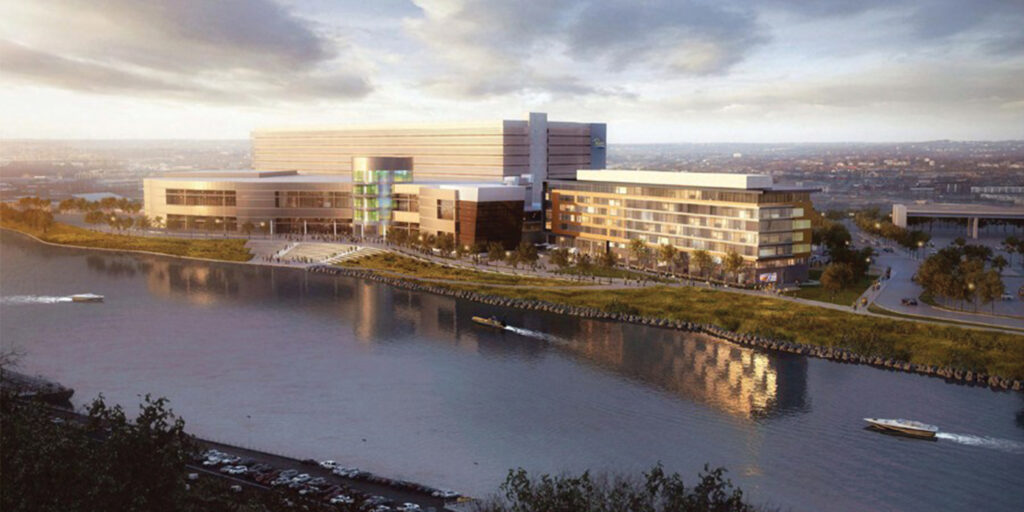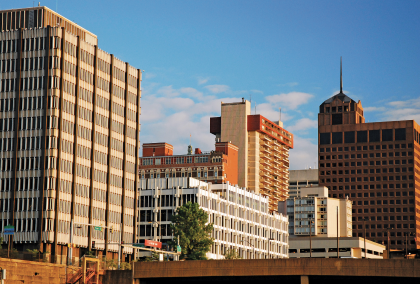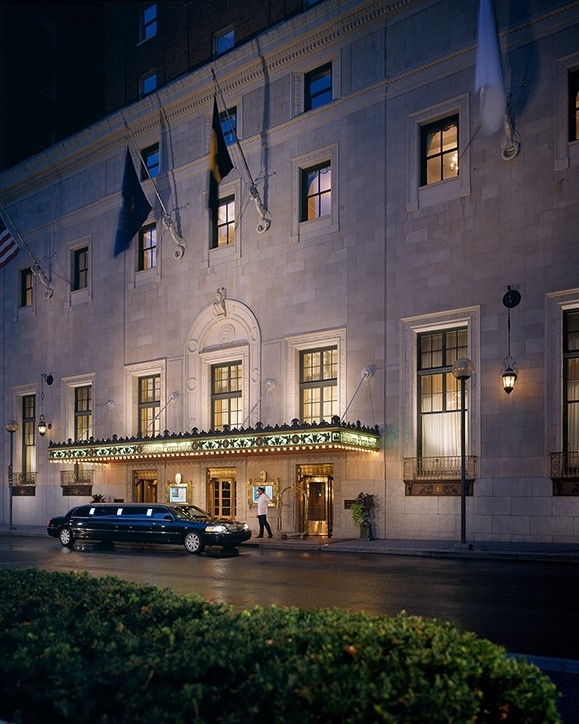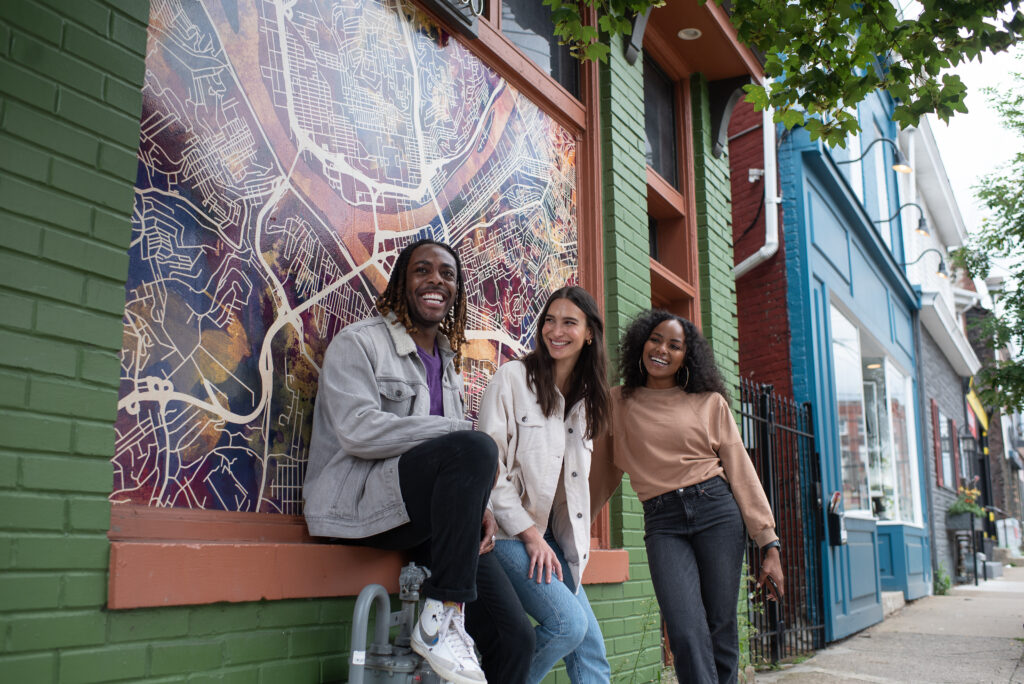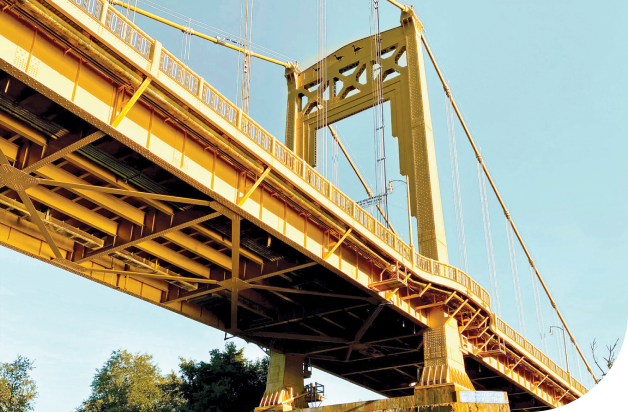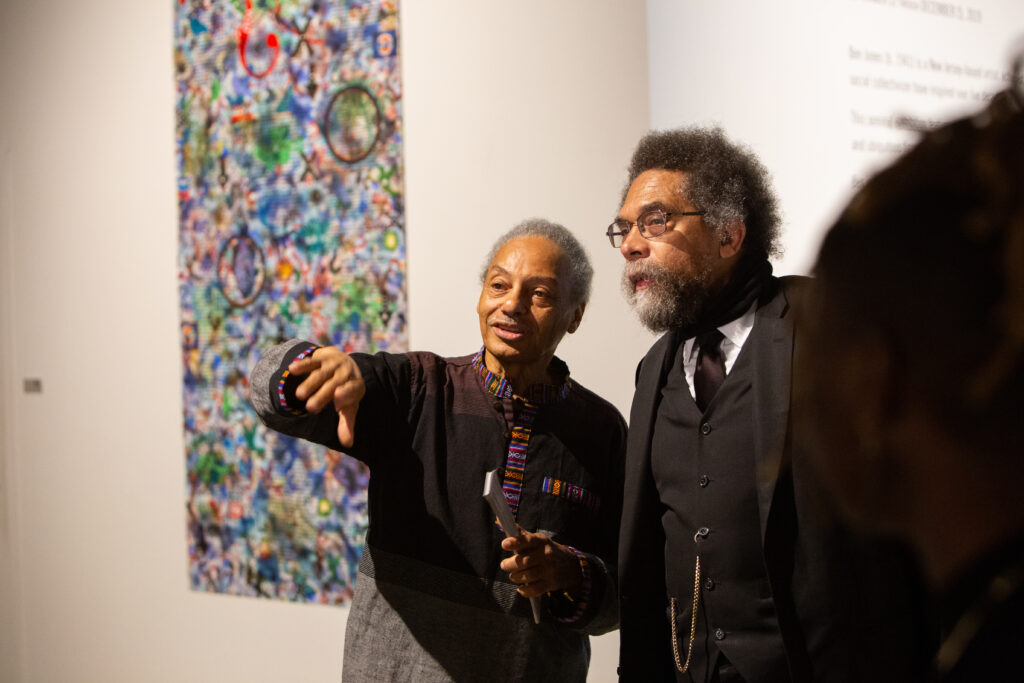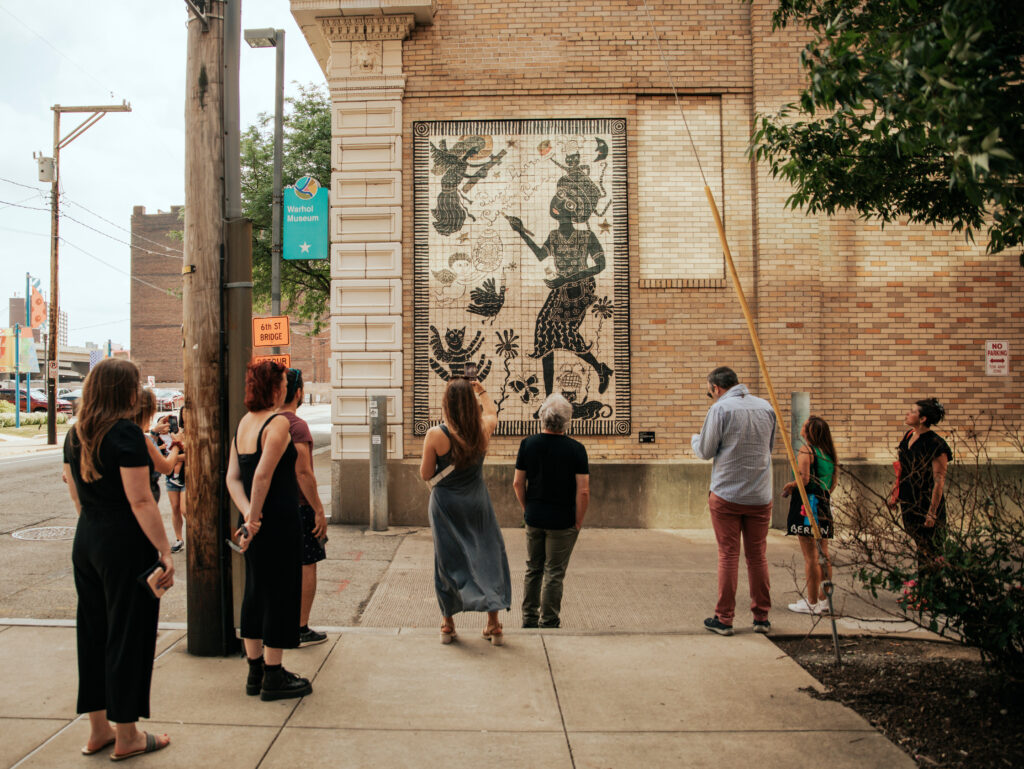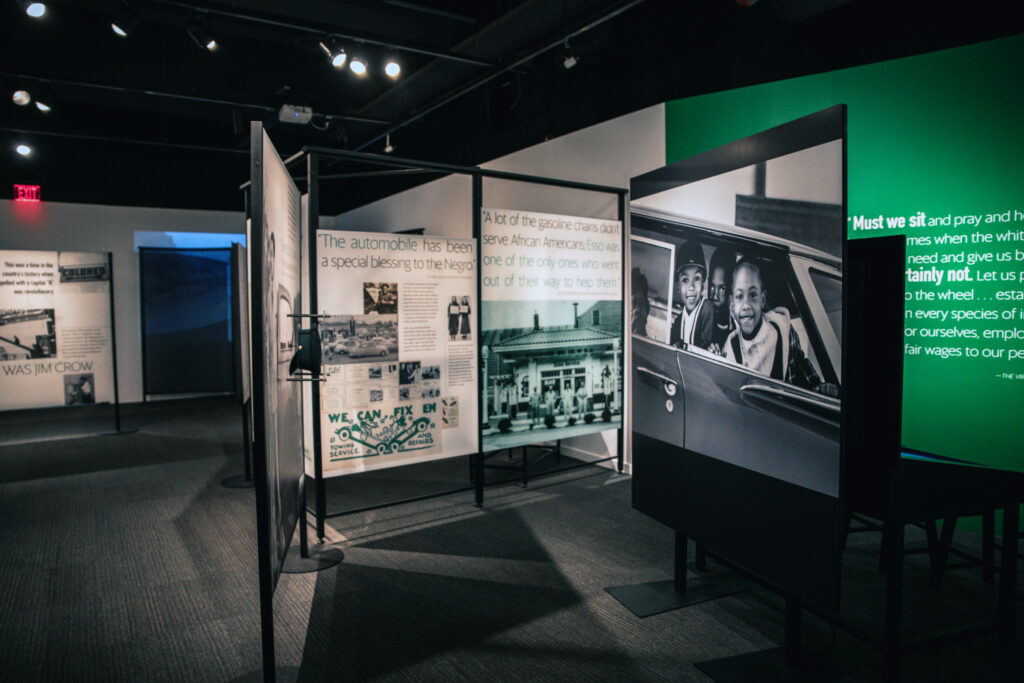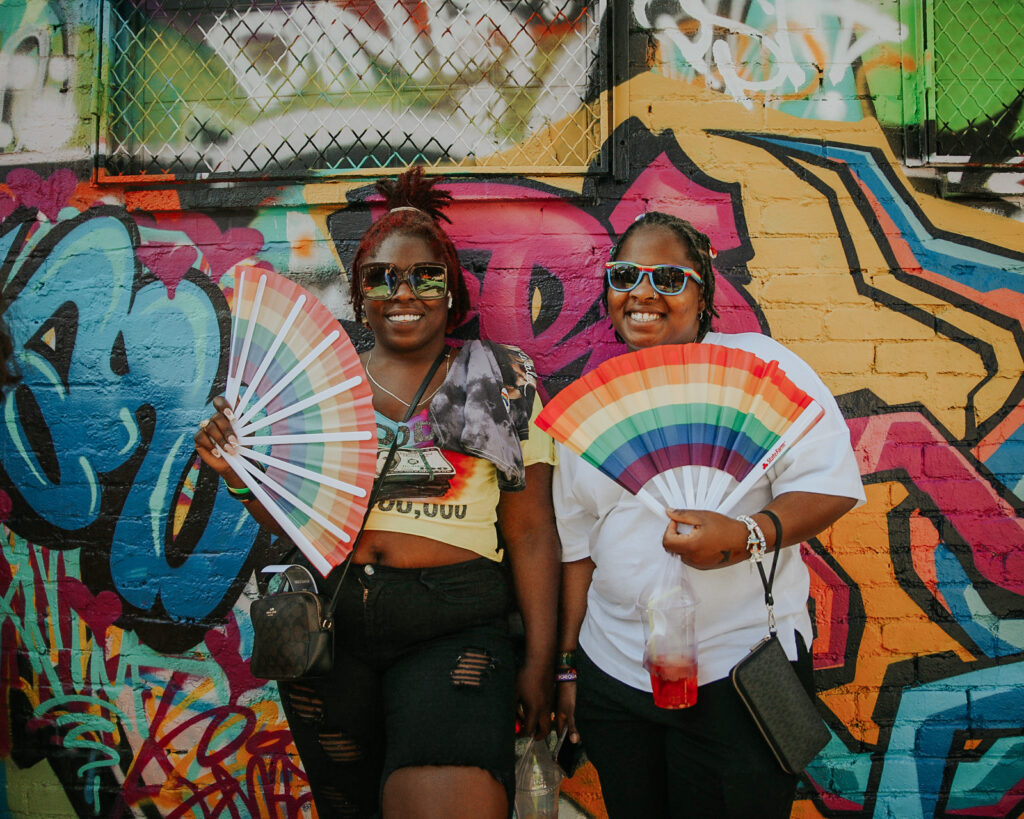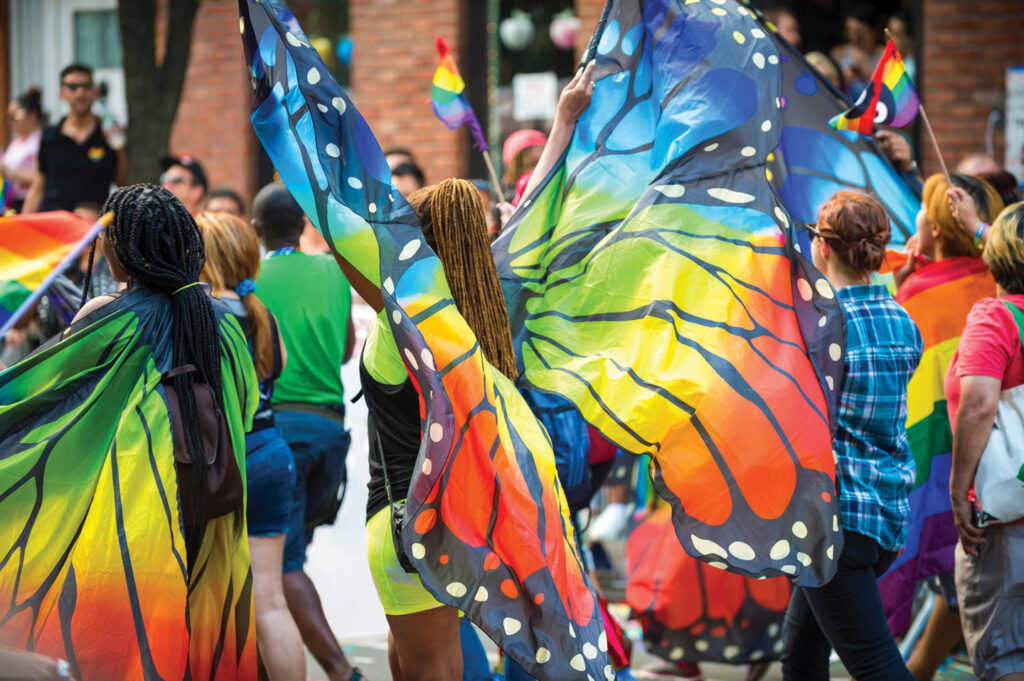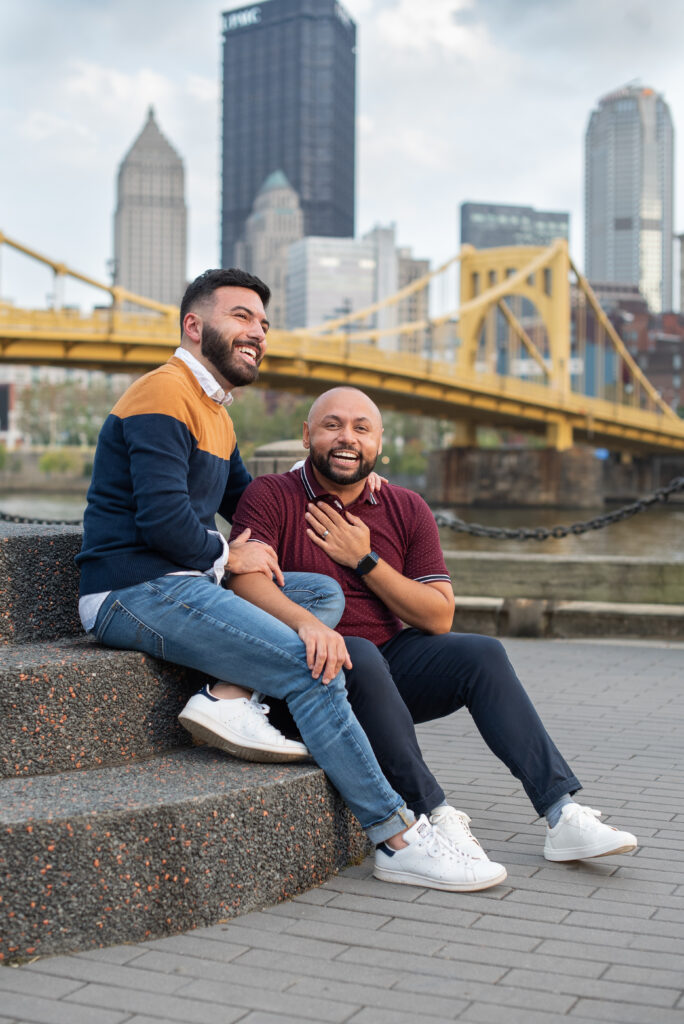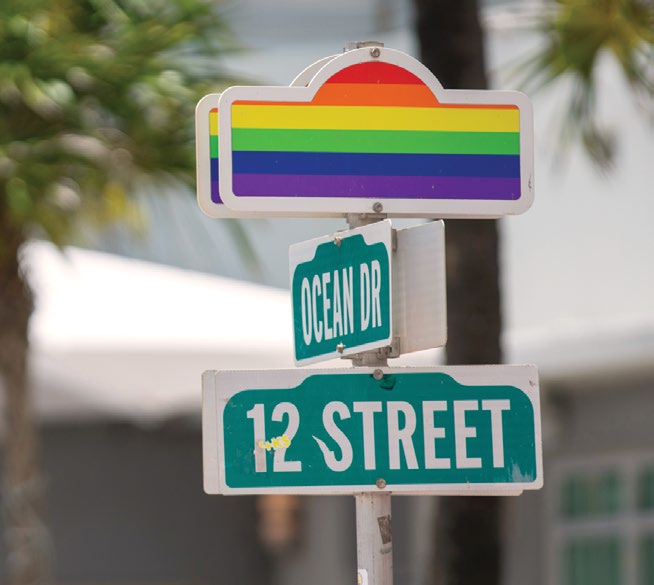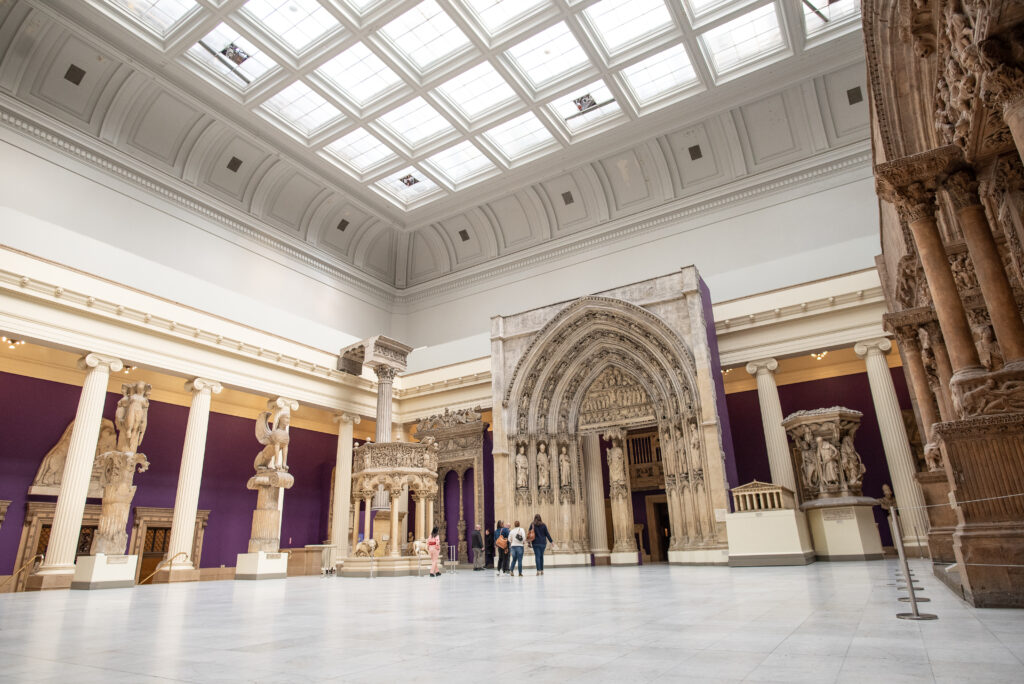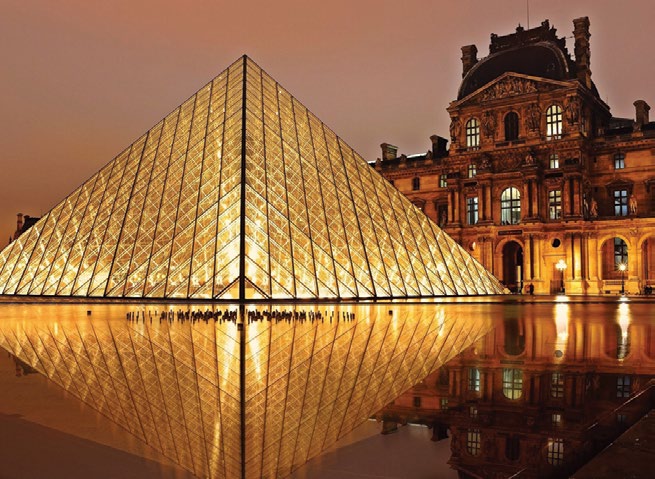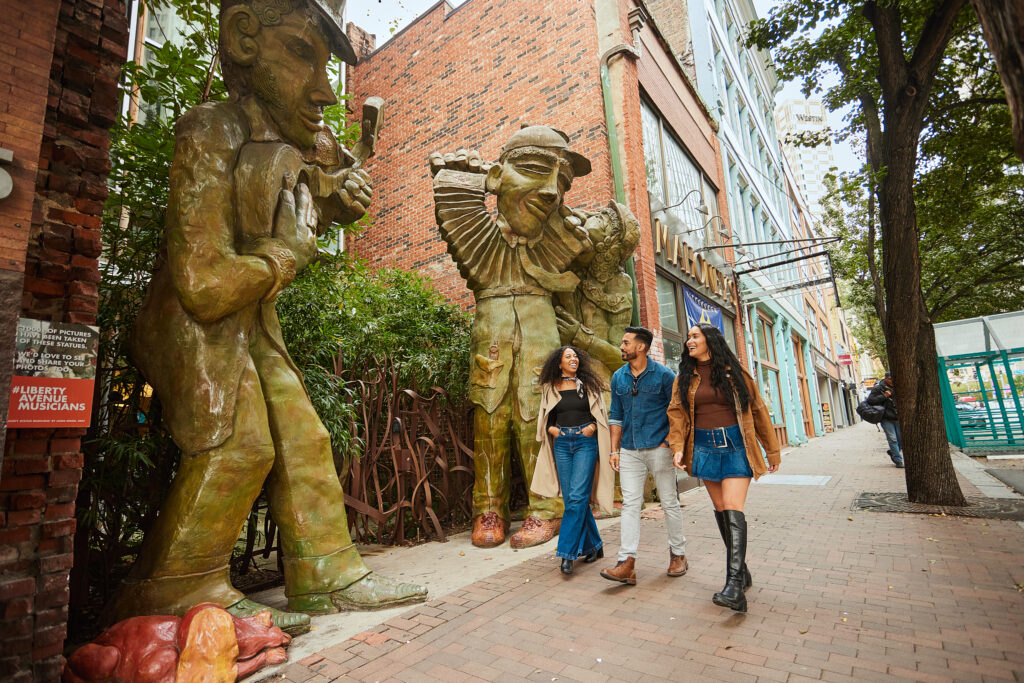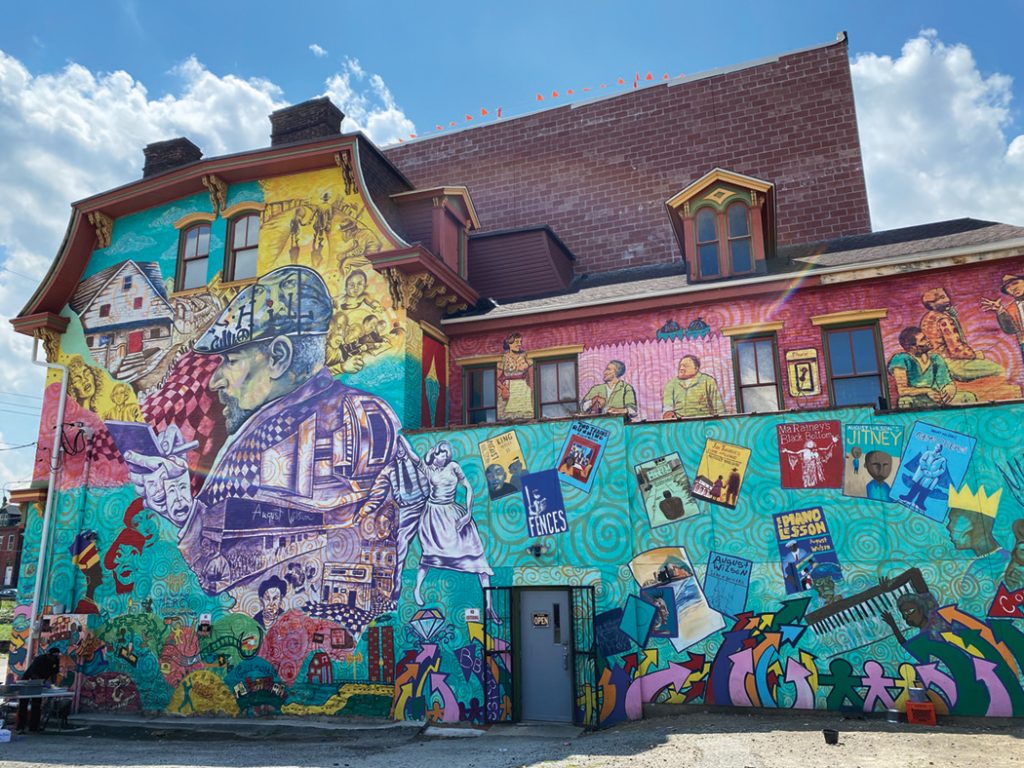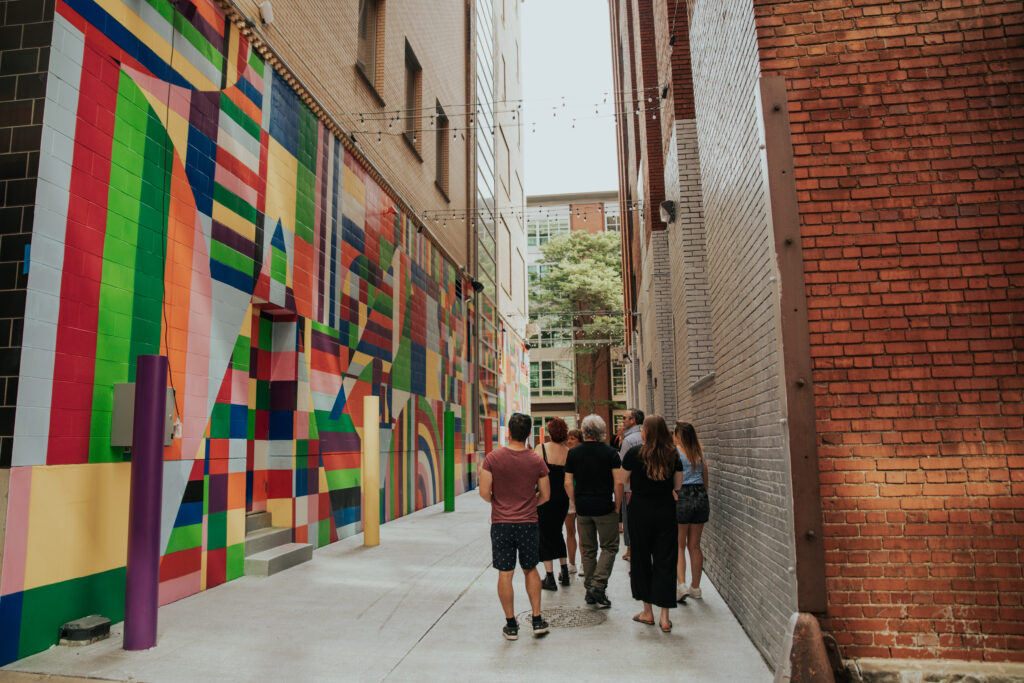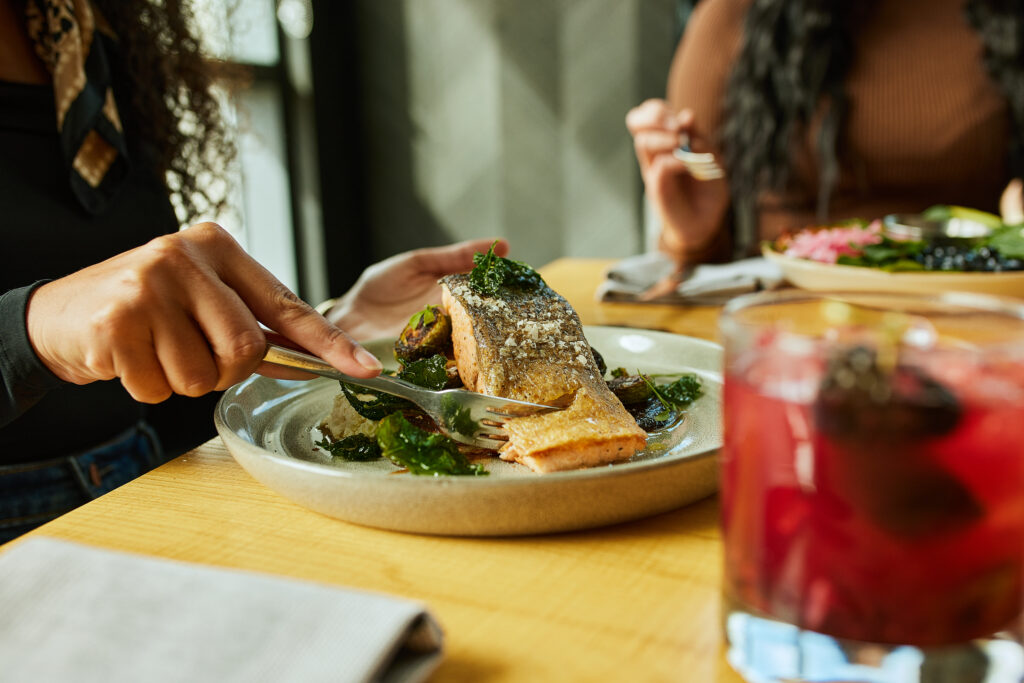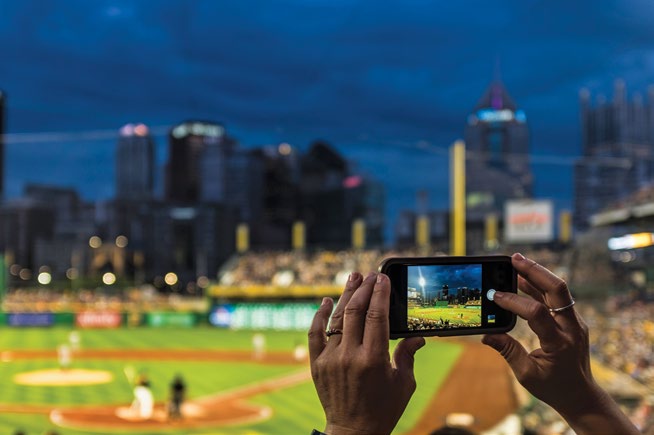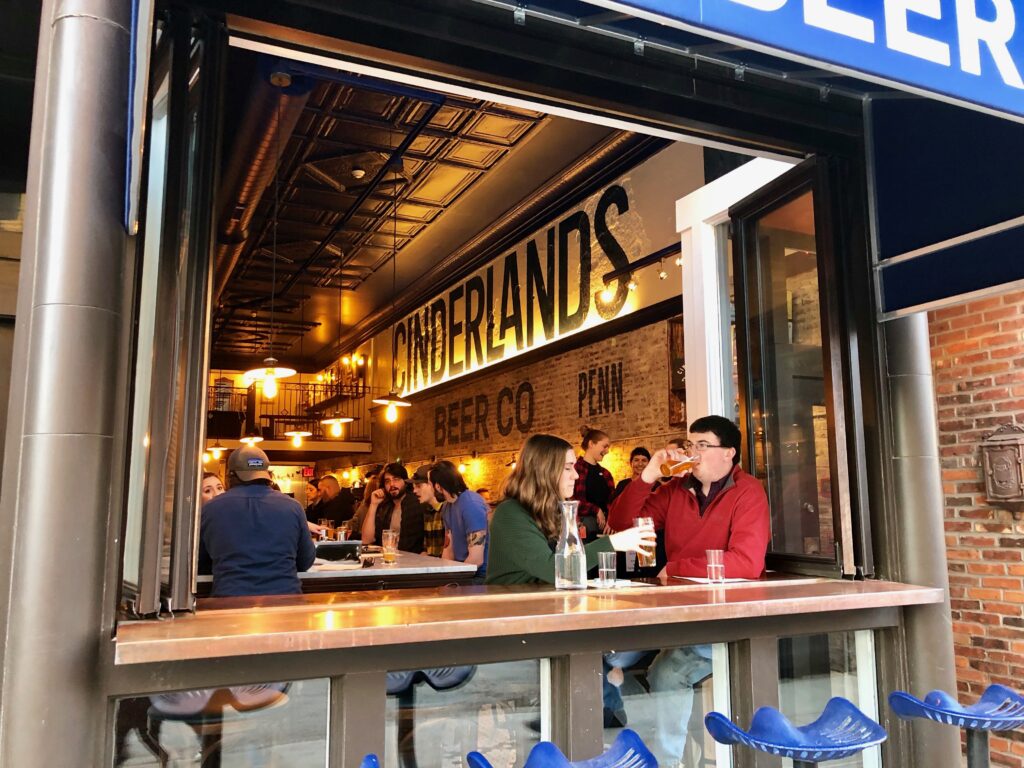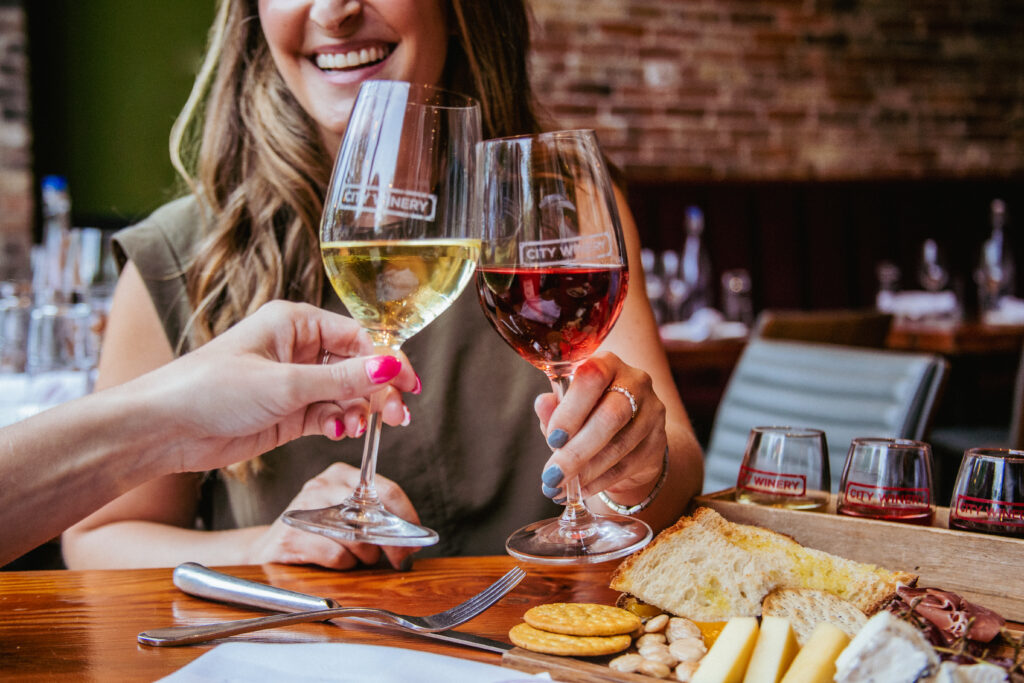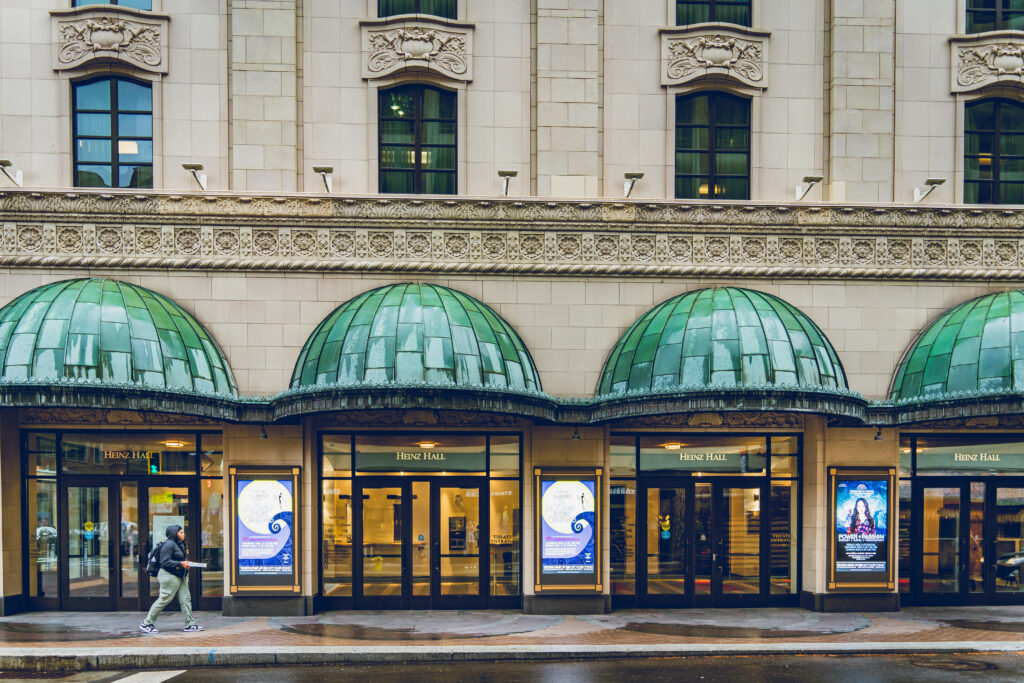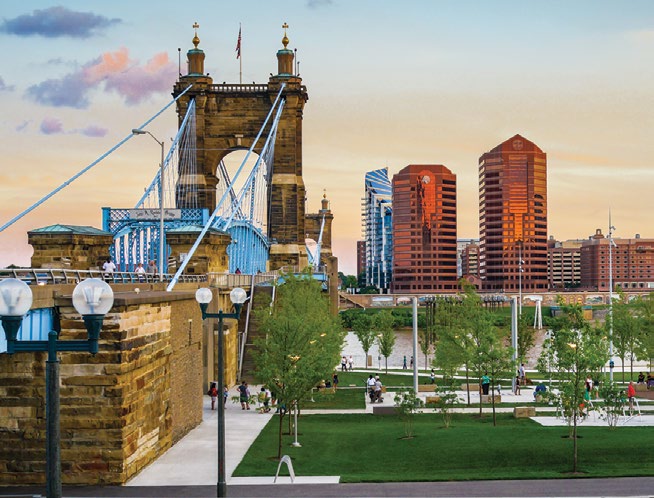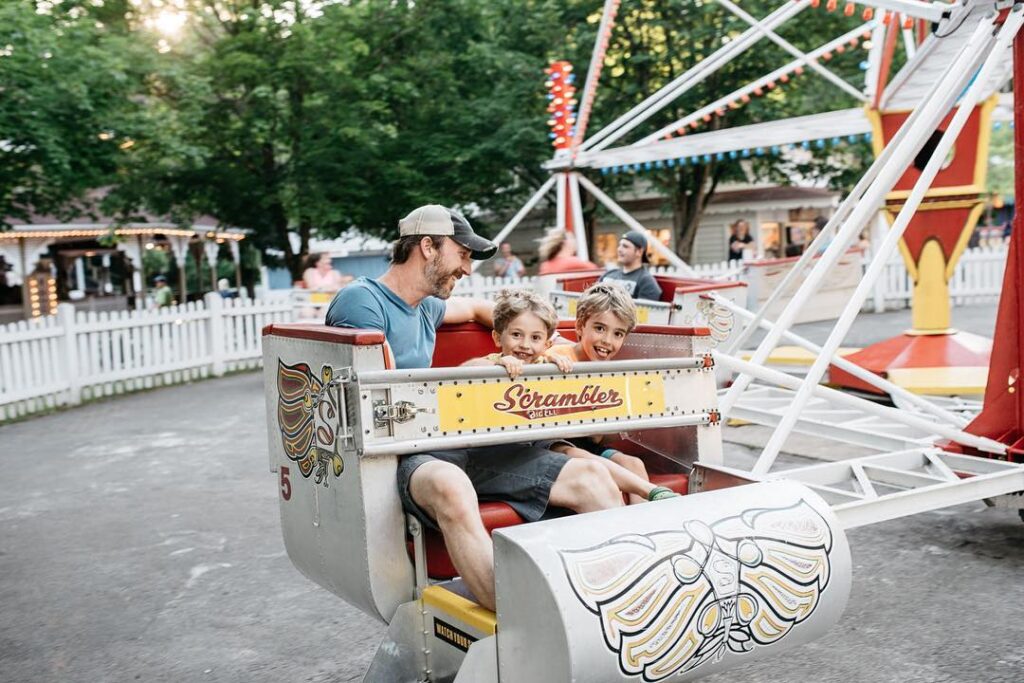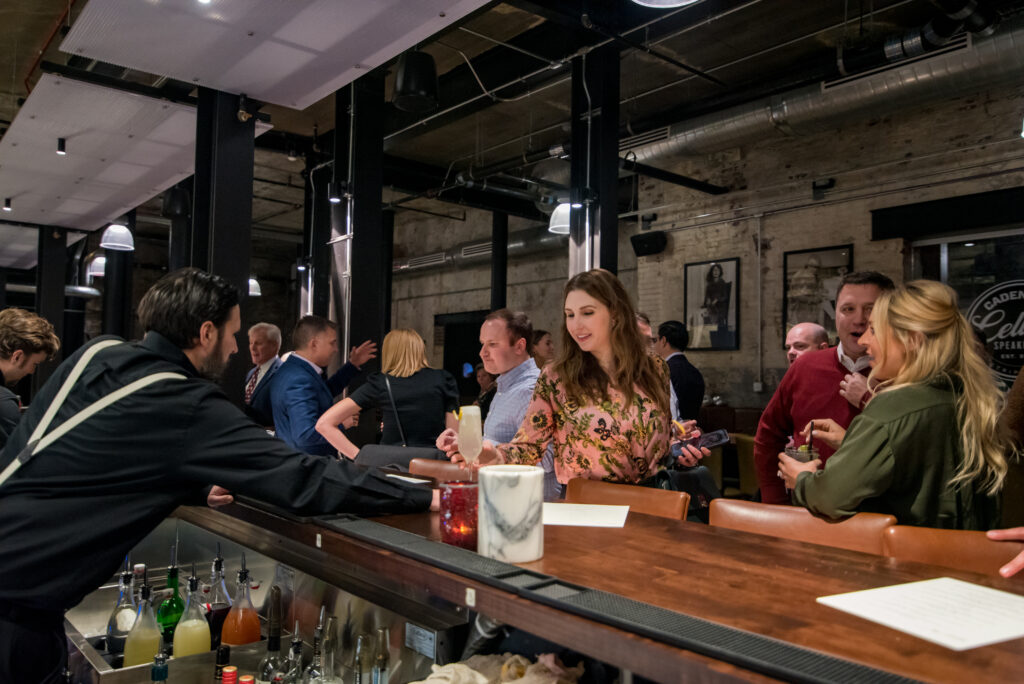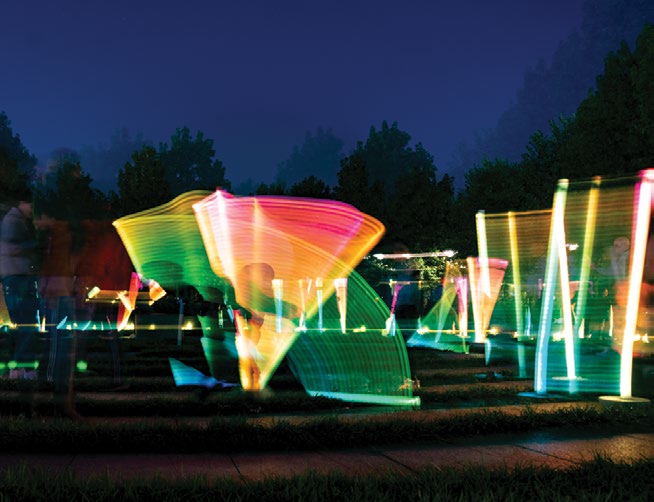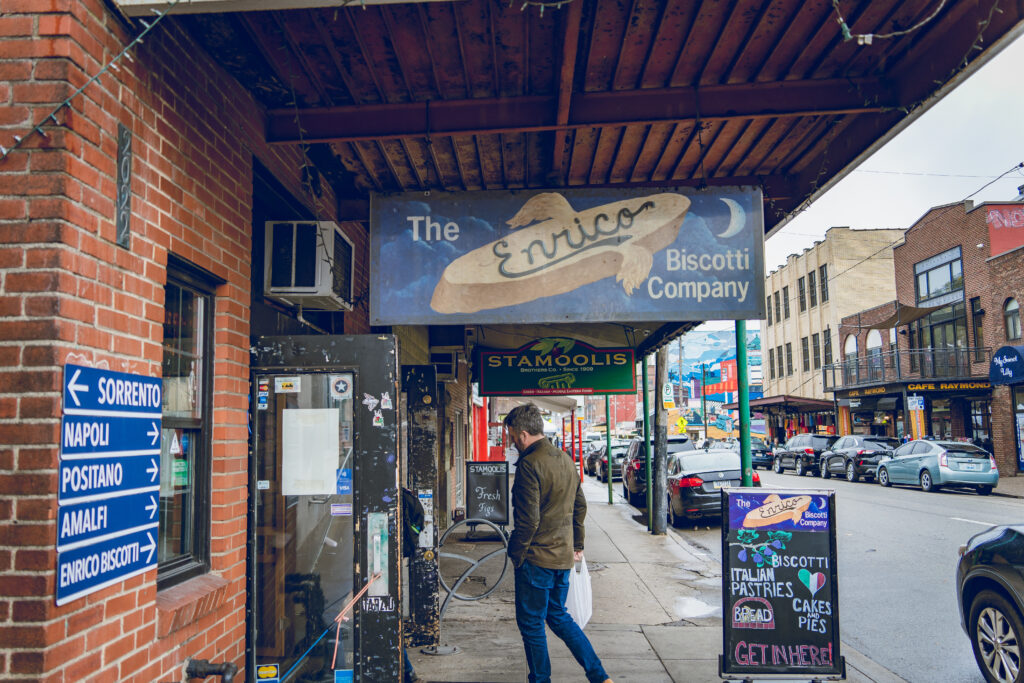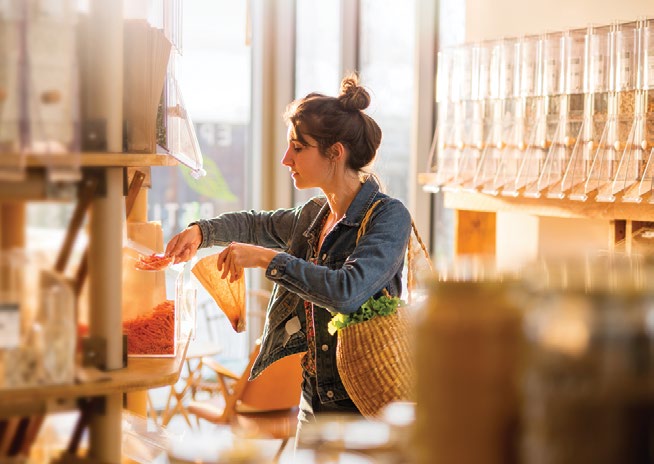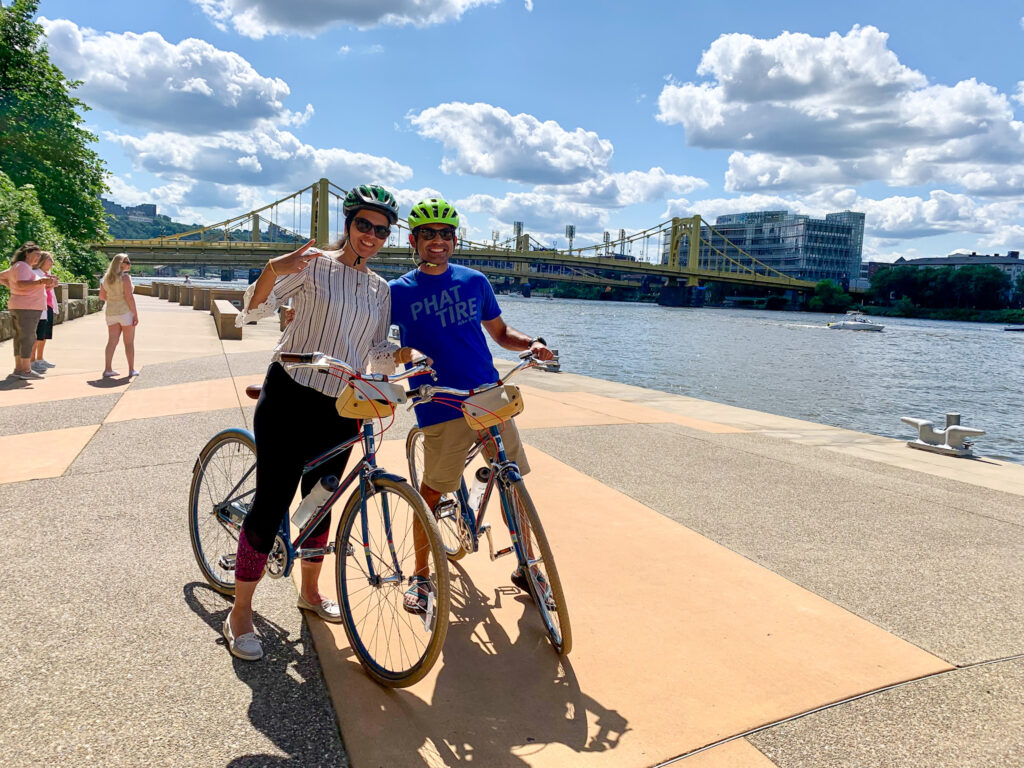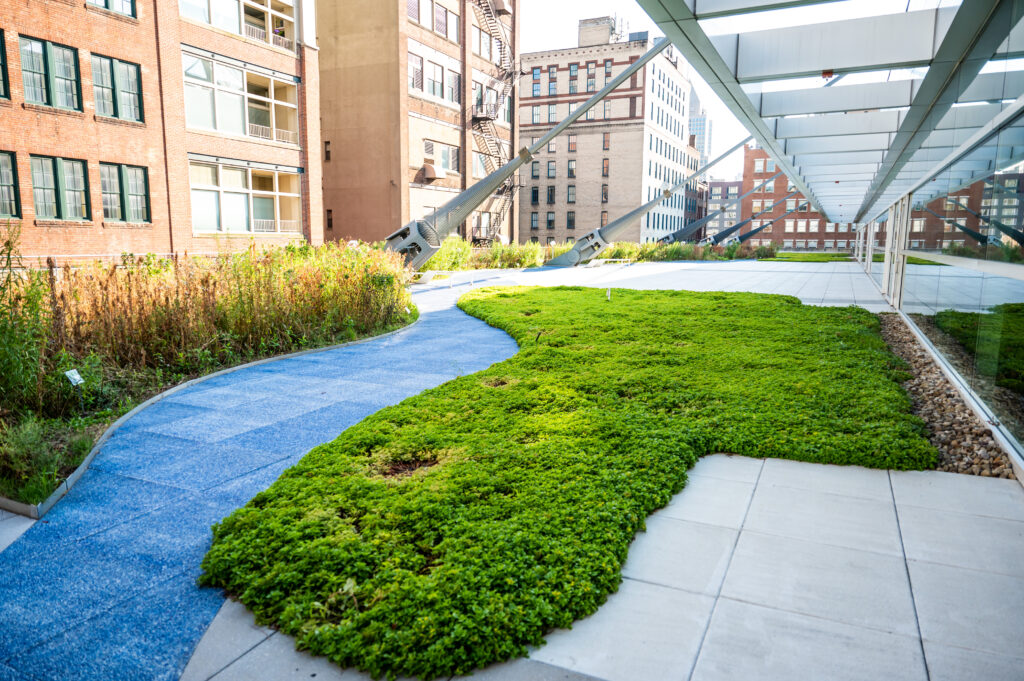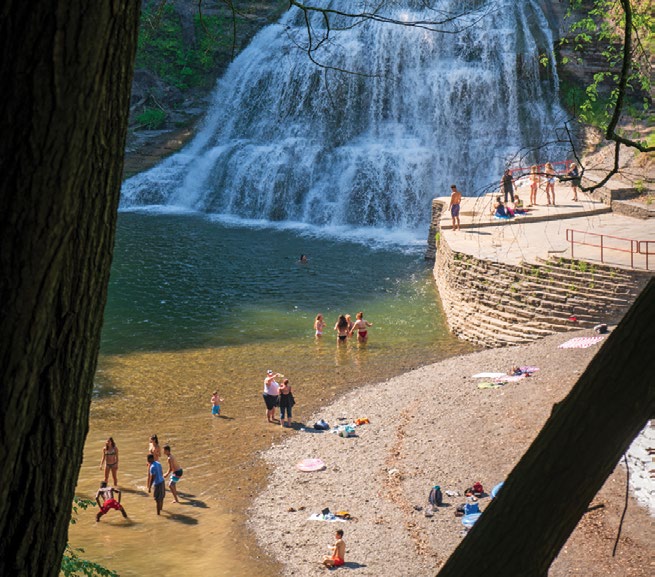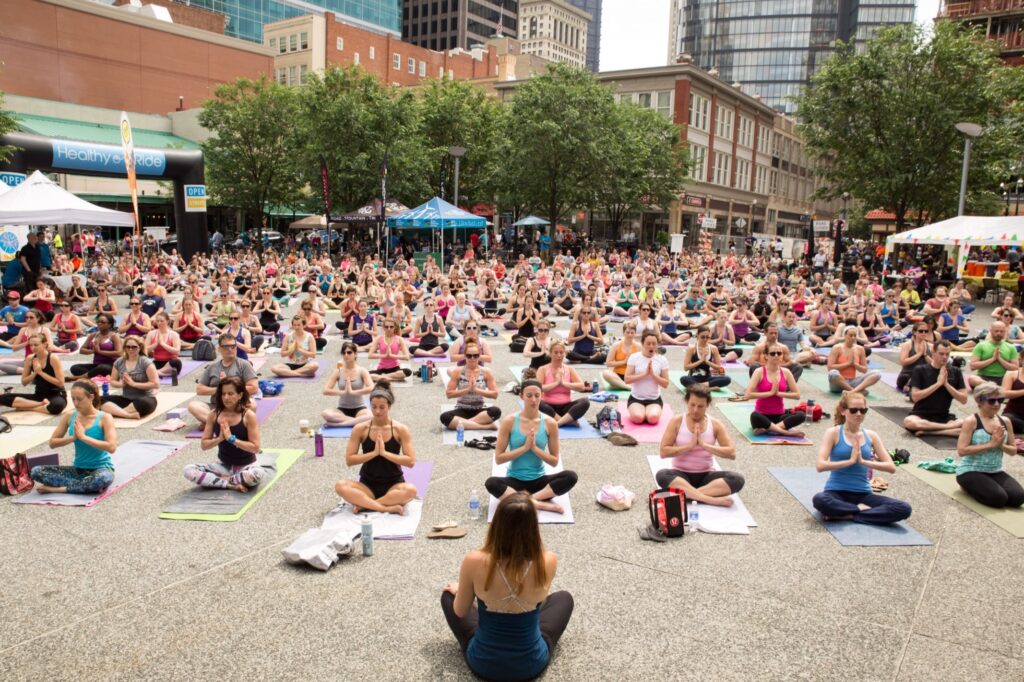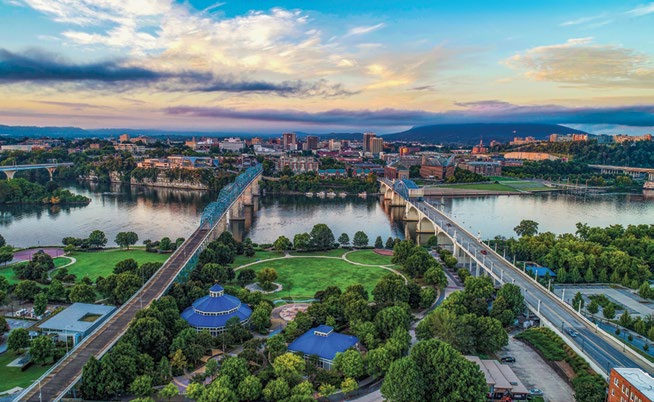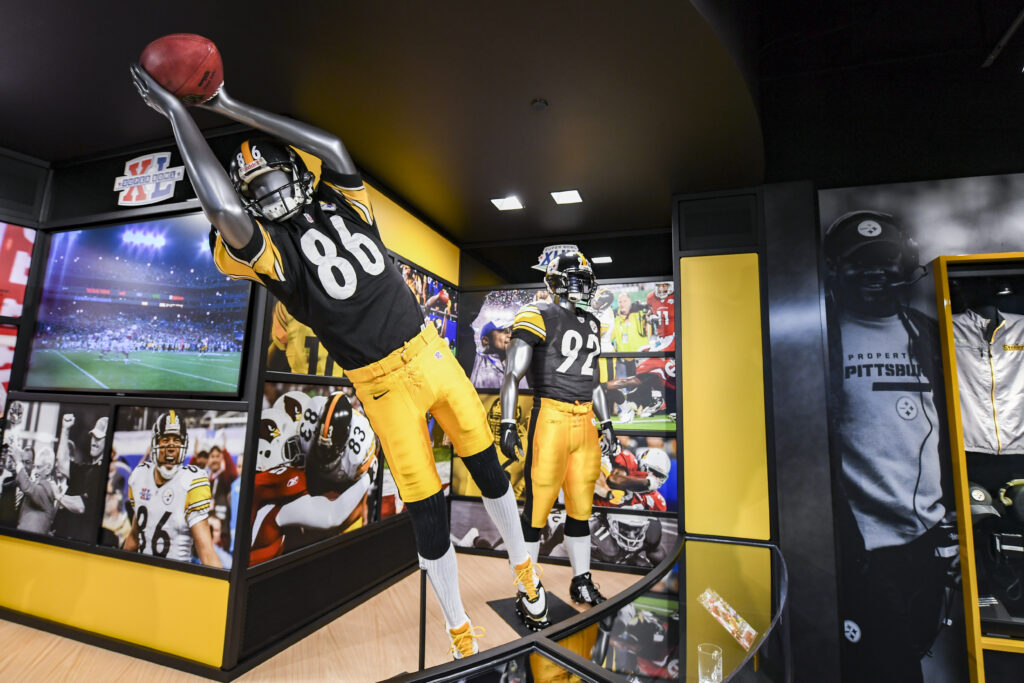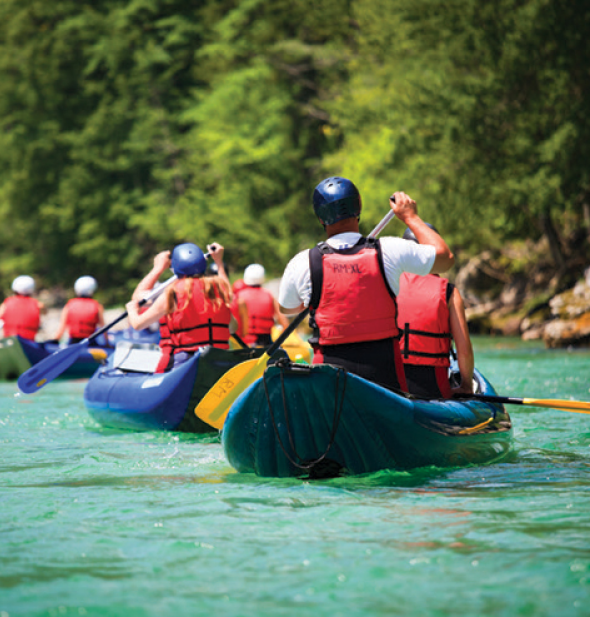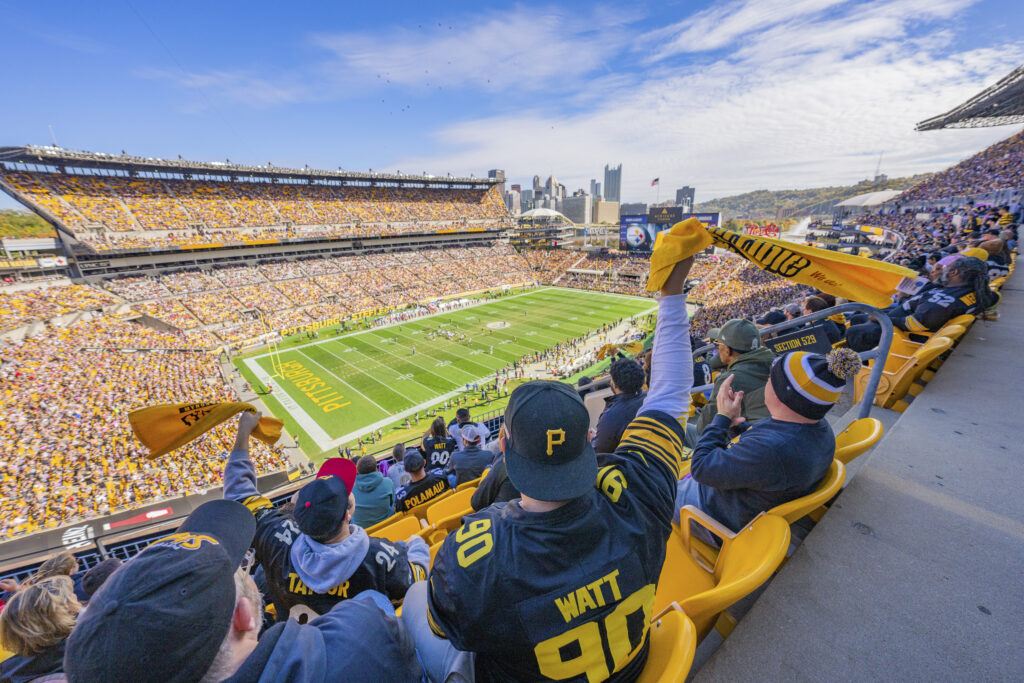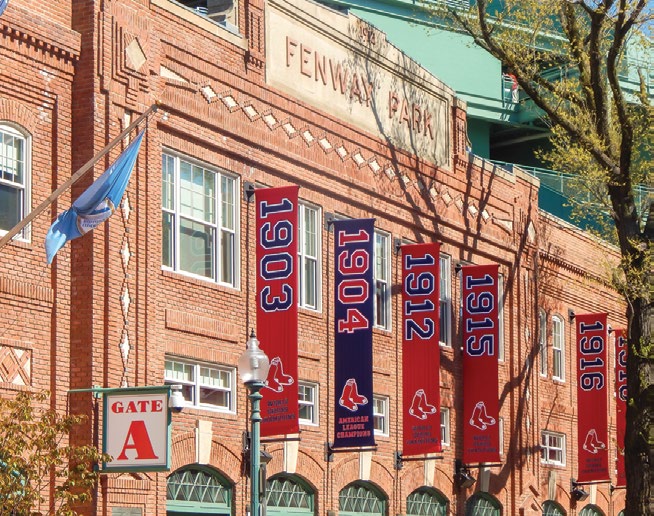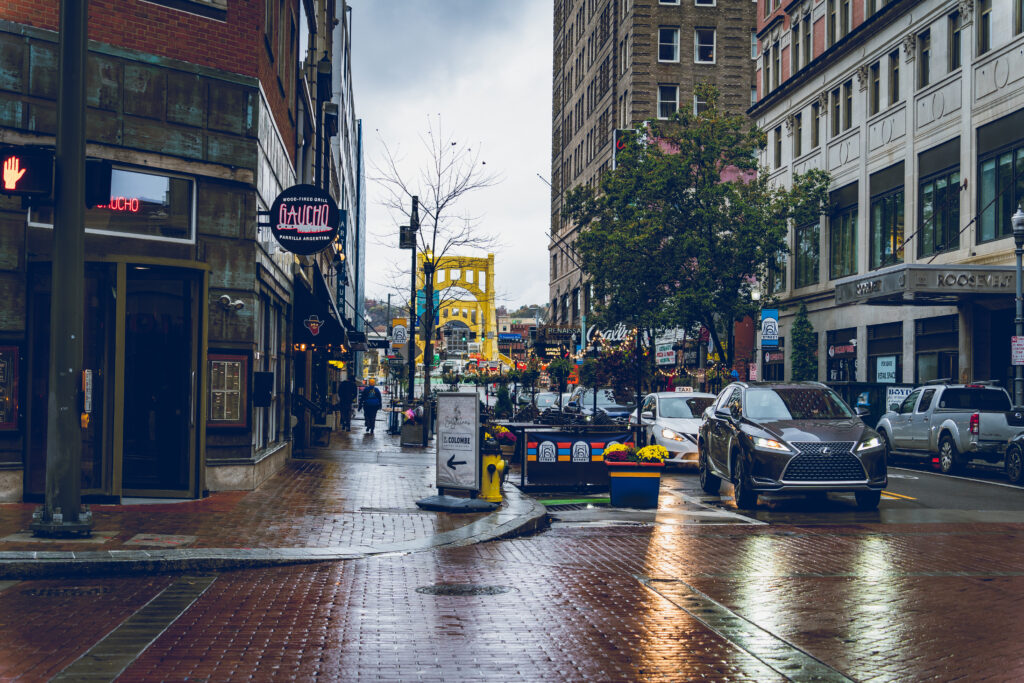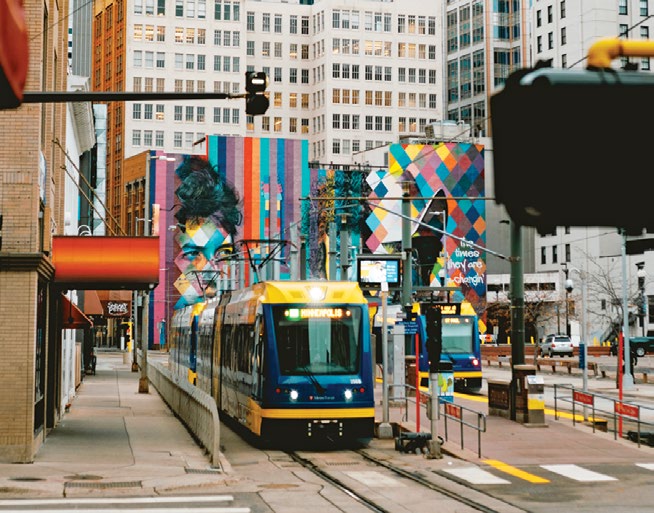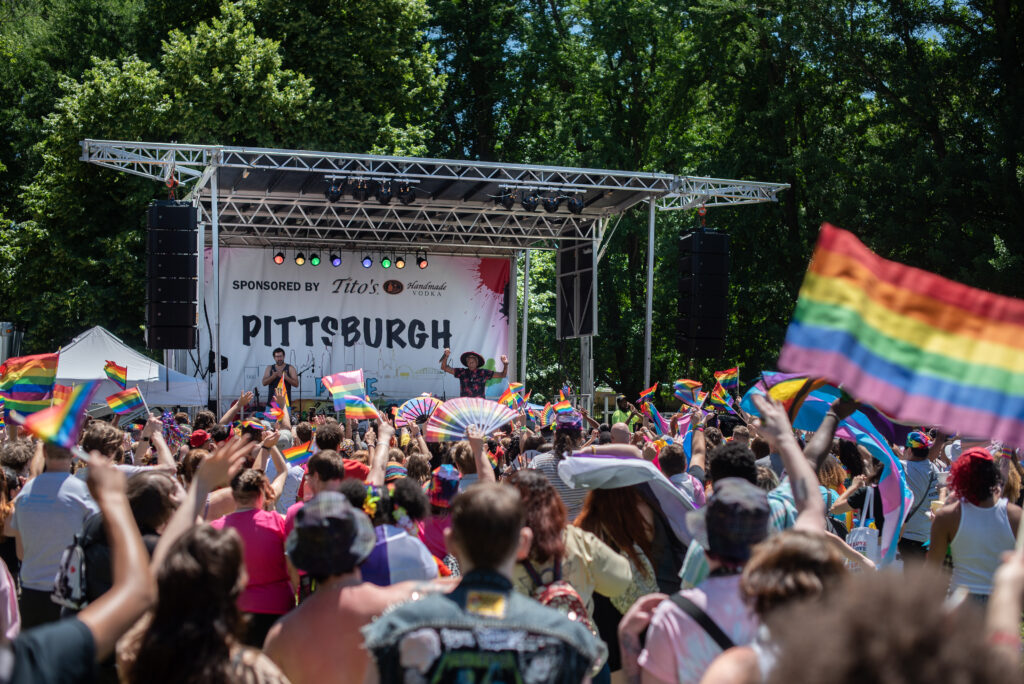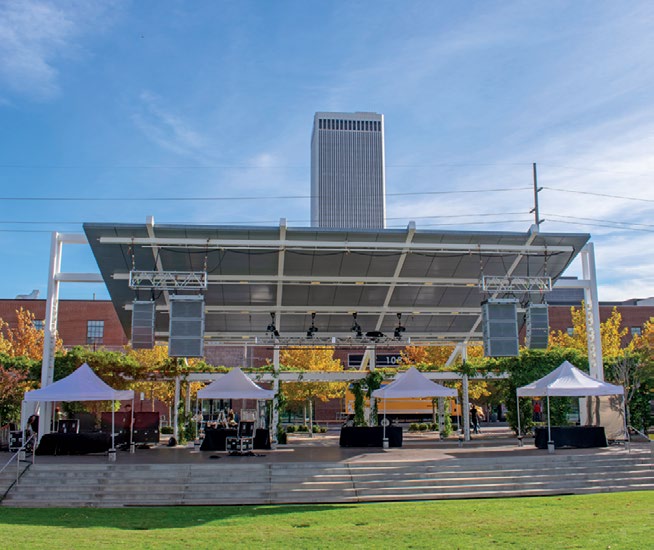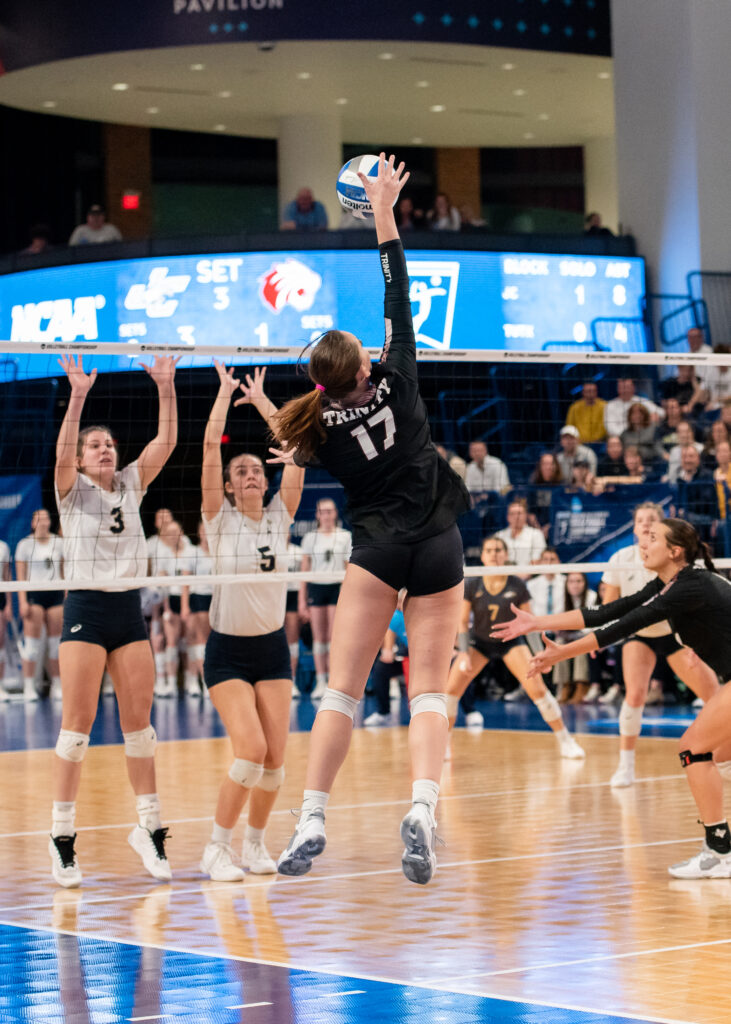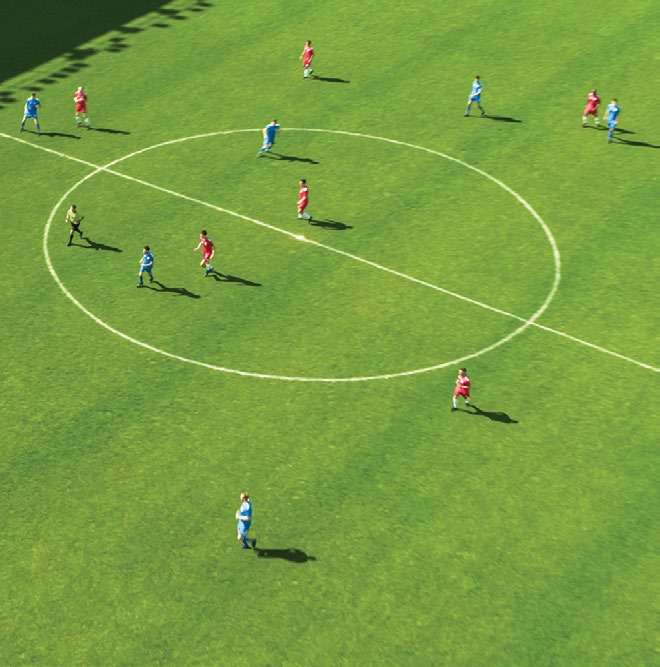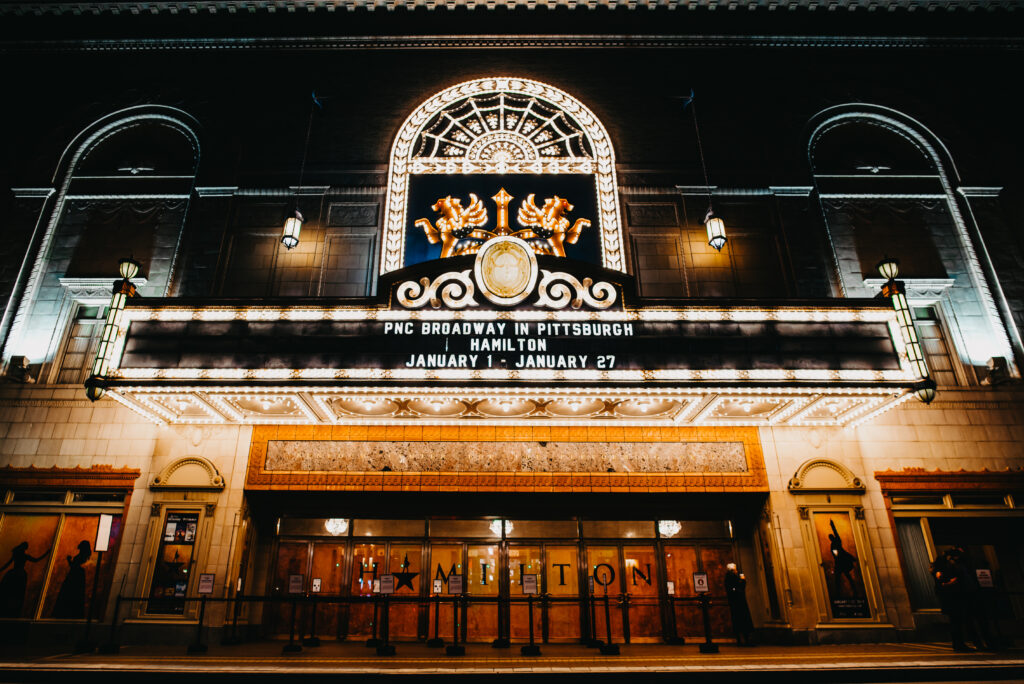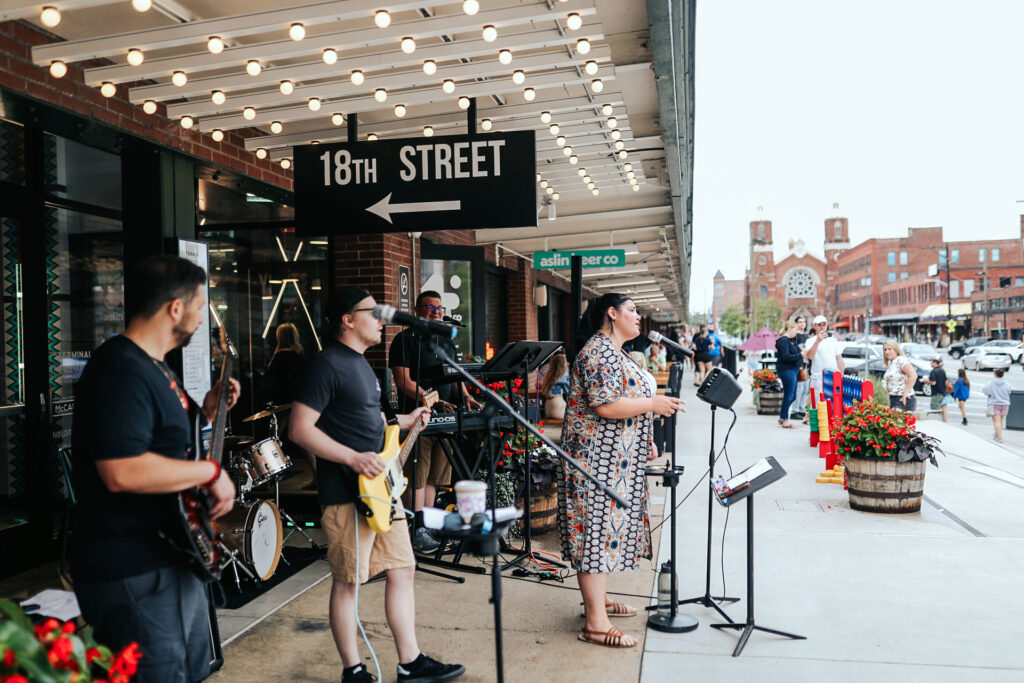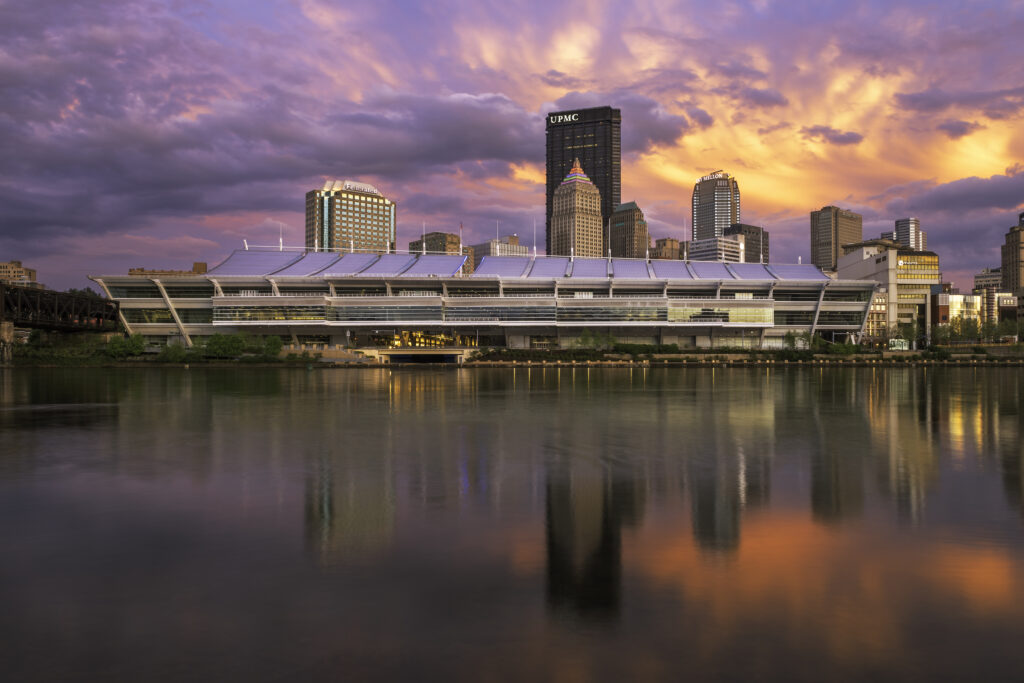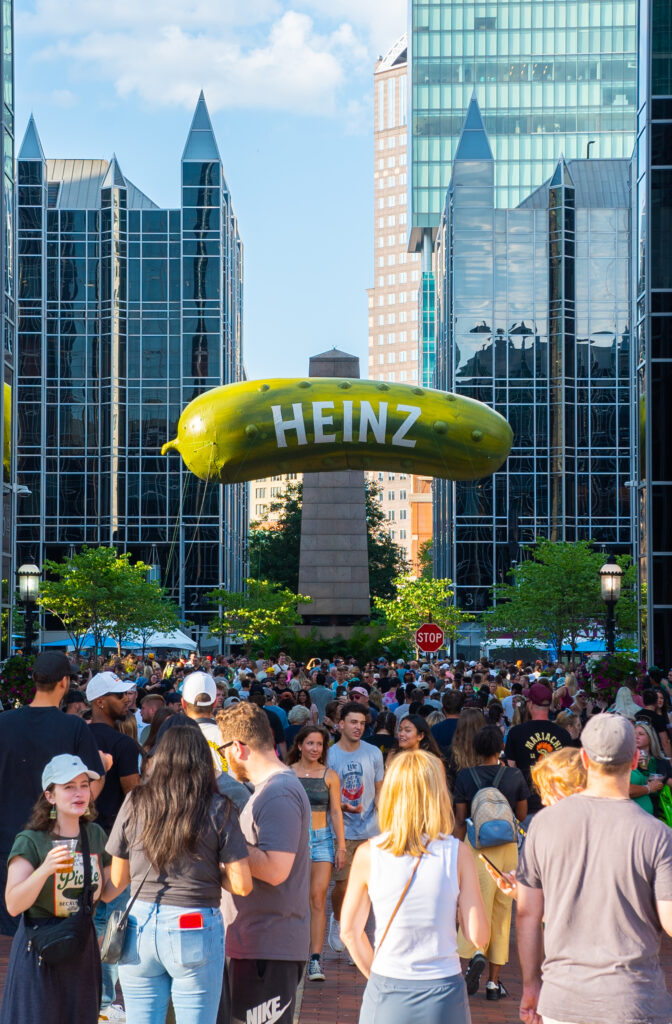
Strategy: Experiences
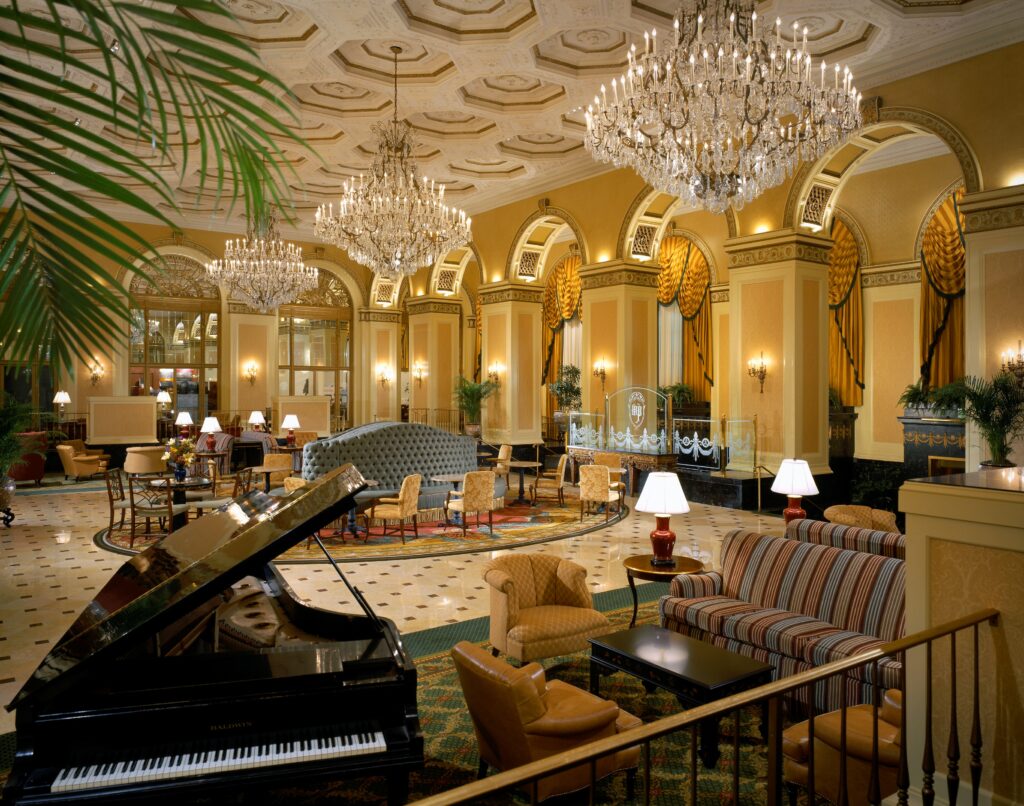
Accomodations
Diverse, high-quality lodging options enable visitors to extend their time in a destination and expand their ability to enjoy various attractions and events while contributing to the local economy. With over 18,500 hotel rooms and a 60% share of ‘Upscale’ inventory, Pittsburgh is widely considered an upmarket destination. Short-term rentals are also an important and increasingly popular choice in Allegheny County. Hotel development has historically responded to visitor demand by creating group- and business-oriented accommodations downtown, and by developing leisure accommodations downtown and along the western airport corridor. Supply is relatively young and consists mostly of limited- and select-service properties which offer fewer services and amenities. New opportunities have arisen in Oakland as a growing tech, healthcare, and education hub. Near-future hotel development is limited, with only one 225-room hotel planned for completion within the next 4 years.
Despite the past focus on development, Pittsburgh’s downtown hotel supply does not meet convention center needs due to the age of larger properties and the lack of immediately adjacent rooms. Market conditions are not currently suitable for the addition of a large headquarters hotel without public financing.
As the destination continues to draw both business and regional leisure travelers with a range of budgets, Pittsburgh will need to diversify its lodging products and price points to meet the needs of these consumer segments.
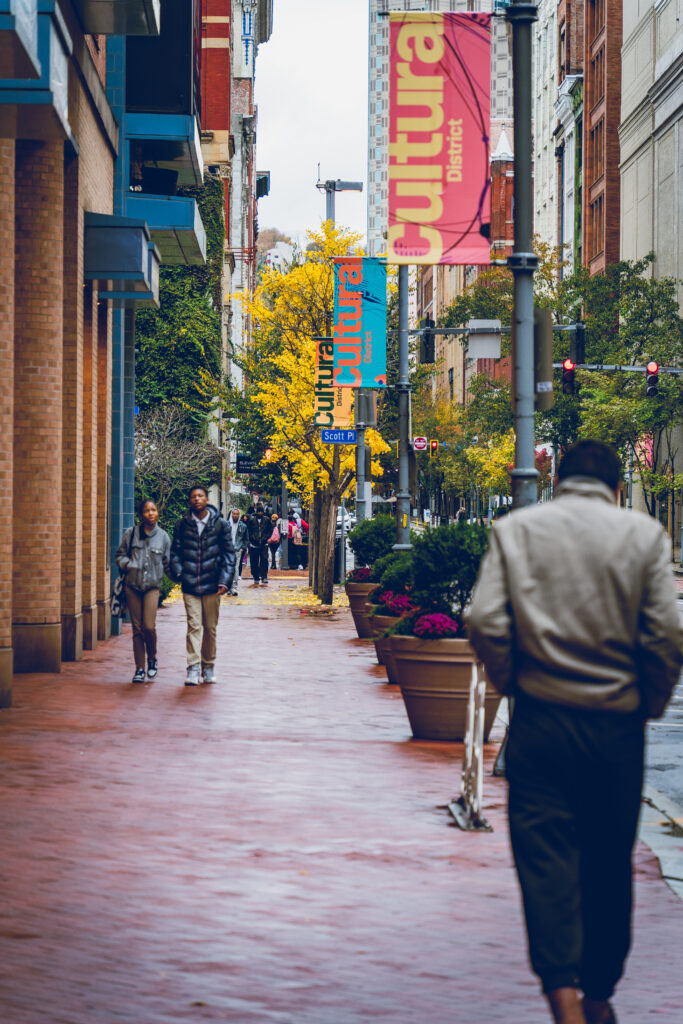
Neighborhoods
Pittsburgh is a city of multitudes with each neighborhood offering visitors the ability to immerse in a variety of local experiences and connect with local people. From hip, award-winning eateries in Lawrenceville to family-friendly parks and playgrounds in Squirrel Hill, the city’s neighborhoods – even beyond the Golden Triangle – are fast becoming recognized by regional visitors as cool destinations.
As neighborhood tourism continues to grow, Pittsburgh will be able to build and distribute local wealth across more communities by offering opportunities for families, grassroots groups, and small businesses to become more actively involved in the tourism economy – whether through offering homes as short-term rentals or providing tour services and making unique products that create memorable moments for visitors.

African American Heritage
More than one in five residents of Pittsburgh currently identifies as being Black or African-American, according to the latest Census. Despite a decline from 2010 to 2020 in Pittsburgh, the Black population remains strong in Allegheny County. With Black Pittsburghers arriving as early as the 1800s following abolition, their history and culture continue to manifest in the urban fabric of the City – in local music, craft, cuisines, and historic sites and institutions.
CASE STUDIES
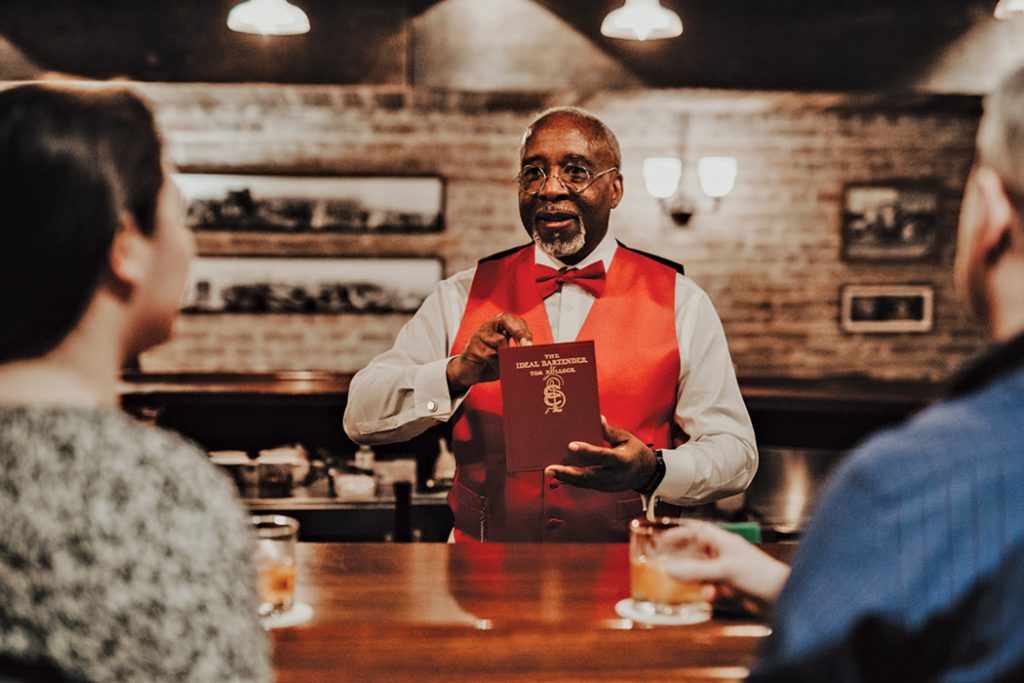
Louisville Tourism “Black Heritage Tour Collection”
The Black Heritage Tour Collection highlights the African American influence in the bourbon and horse racing industries of Kentucky. In partnership with local attractions, Louisville Tourism has created a set of immersive experiences including tours, tastings, and performances across various assets - telling the stories of key historical figures from the City.
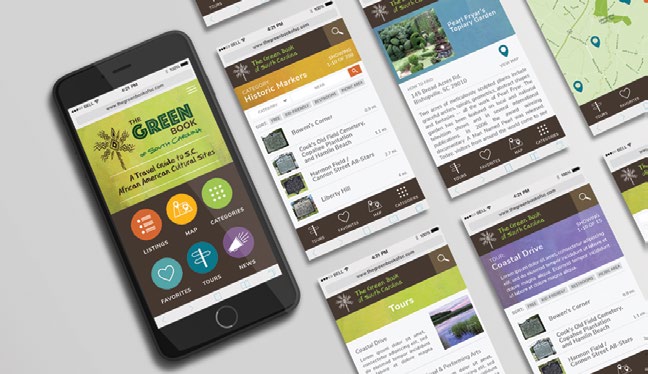
South Carolina “Green Book”
In 2013, South Carolina African American Heritage Commission created a “Green Book” mobile app that included 300 historic African-American sites in the state. The app, named for the Jim Crow-era guides for black travelers that detailed safe places to get food and lodging, enabled visitors to participate on self-guided tours of existing heritage monuments.

LGBTQIA+
With travel expenditures exceeding $100 billion annually, the LGBTQIA+ community is a visitor segment to be reckoned with. As with other travelers, this group is simply in search of welcoming and safe urban destinations. Most LGBTQIA+ travelers take the time required to conduct thorough research on their destination and appreciate visibility and resources that aid in travel planning, including the ability to find information on local laws and policies, and tailored travel recommendations for their lifestyle preferences and interests.
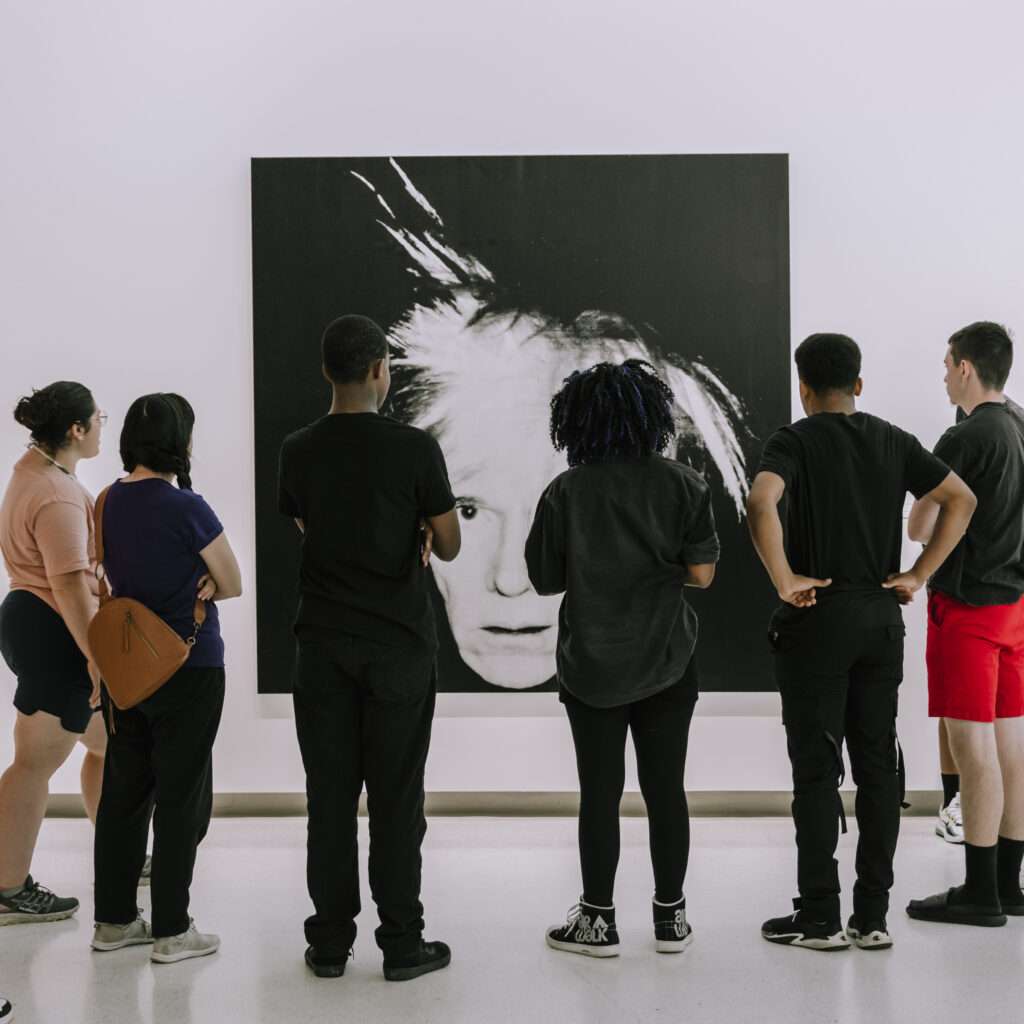
Arts & Culture
Pittsburgh is not just a city for sports – even if it may be perceived as such by visitors. Its arts community, in fact, has been an integral part of the city since industrial times when Pittsburgh was also widely known as The Glass City. By 2017, arts and culture had become one of Allegheny County’s biggest tourism drivers, inviting millions of predominantly regional visitors/attendees to both free and paid events and performances. In a survey of community residents in 2022, respondents shared that the most popular types of events are arts/culture, followed by sports, food, neighborhood celebrations, outdoor concerts, and cars. Despite slow recovery from the impacts of the COVID-19 pandemic, Pittsburgh’s cultural institutions and partners remain dedicated to the City as they continue to expand operations and reinvest in arts education, public programs, and events. Many hold strongly that Pittsburgh is well-positioned to become the cultural hub of Northern Appalachia with its strong base of young audiences from colleges within the City and across the region.
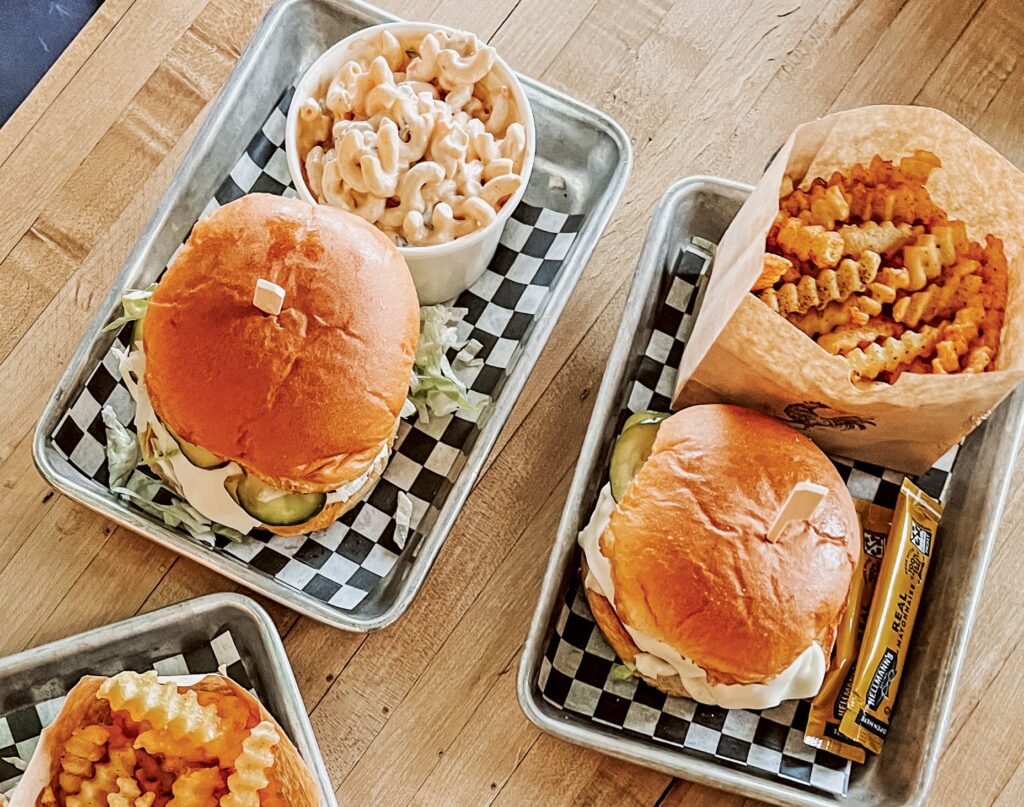
Culinary
Pittsburgh’s rich cultural heritage and continued evolution has a strong influence in its culinary offerings. From Italian classics to Caribbean, South American, and Asian cuisines, the City is an underrated foodie destination. In fact, when benchmarked against competitive urban markets, the City ranked 3rd with 1,156 restaurants with a rating of 4 stars or more – behind Philadelphia and St Louis. Today, alongside legacy eateries in The Strip, Pittsburgh is beaming with accolades, including more than a dozen James Beard Award semifinalists and one of Esquire Magazine’s Best 27 Bars in America. Pittsburgh’s rich cultural heritage and continued evolution has a strong influence in its culinary offerings. From Italian classics to Caribbean, South American, and Asian cuisines, the City is an underrated foodie destination. In fact, when benchmarked against competitive urban markets, the City ranked 3rd with 1,156 restaurants with a rating of 4 stars or more – behind Philadelphia and St Louis. Today, alongside legacy eateries in The Strip, Pittsburgh is beaming with accolades, including more than a dozen James Beard Award semifinalists and one of Esquire Magazine’s Best 27 Bars in America.
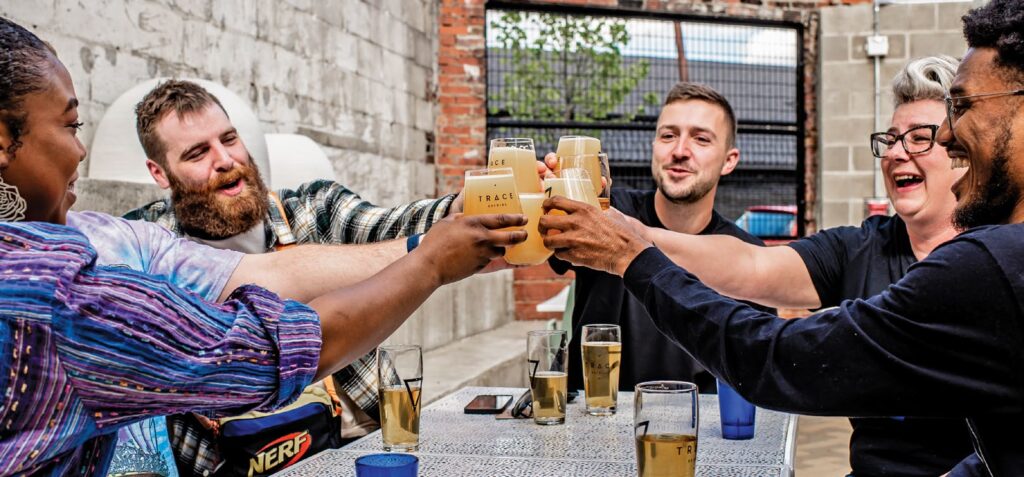
Craft Beverage
The craft brewery scene in Pittsburgh began flourishing in the last decade following state law adjustments allowing self-distribution on-site. Today, the craft brewery industry in the city and region offers visitors a combination of quality and experimental beer and a community of friendly beer enthusiasts. The city has become a popular destination for craft breweries for its mix of beer styles – from mixed fermentation beers to the classic New England-style IPAs – and has been ranked the best city for beer drinkers by SmartAsset and also named a top city for craft brewing by MoveBuddah.com. With the formation of the Pittsburgh Brewers Guild, there seem to be no signs of slowing as the industry builds on its momentum with new events, festivals, and marketing initiatives every year.
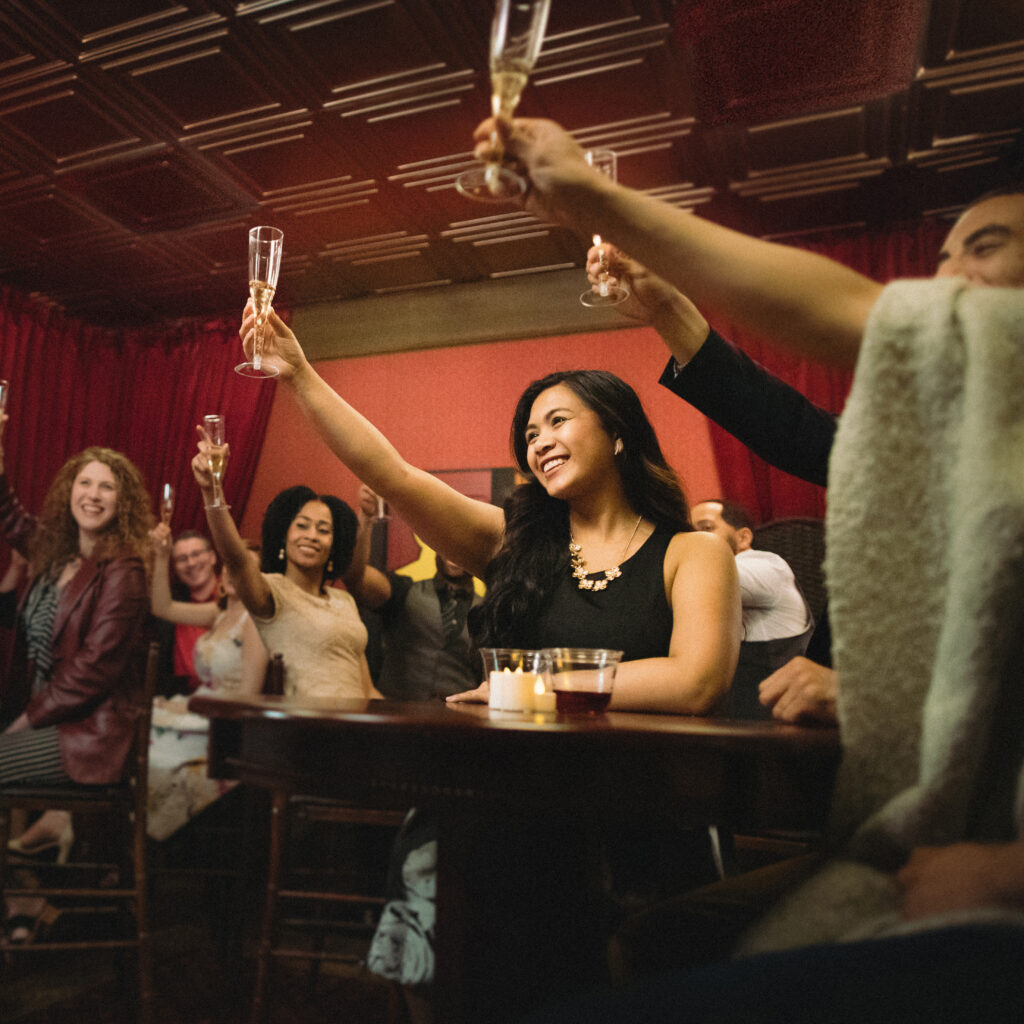
Shopping & Entertainment
Pittsburgh ranked 6th against its urban destination competitors with fewer quality shopping experiences. This was further reinforced by a 2022 survey of Pittsburgh visitors that found travelers perceived the quality of Pittsburgh’s shopping experience and nightlife as being ‘below average’.
The main challenge with shopping in the City lies primarily with a limited supply of retail in nonconvenience categories that better serve visitors. This includes general merchandise, apparel, unique novelty goods stores, and ‘retailtainment’ (or retail with entertainment concepts). At this time, many of the retail nodes across Pittsburgh are locally serving and consist of tenants offering fast food, fast casual dining, groceries, and personal care services. While building retail supply may be challenging, Pittsburgh instead has the opportunity to help tenants pivot toward ‘retailtainment’ – a fast-growing concept – and to leverage existing assets such as outlet malls and regional shopping centers just outside the county that continue to be attractions for international travelers incentivized by lower sales taxes.
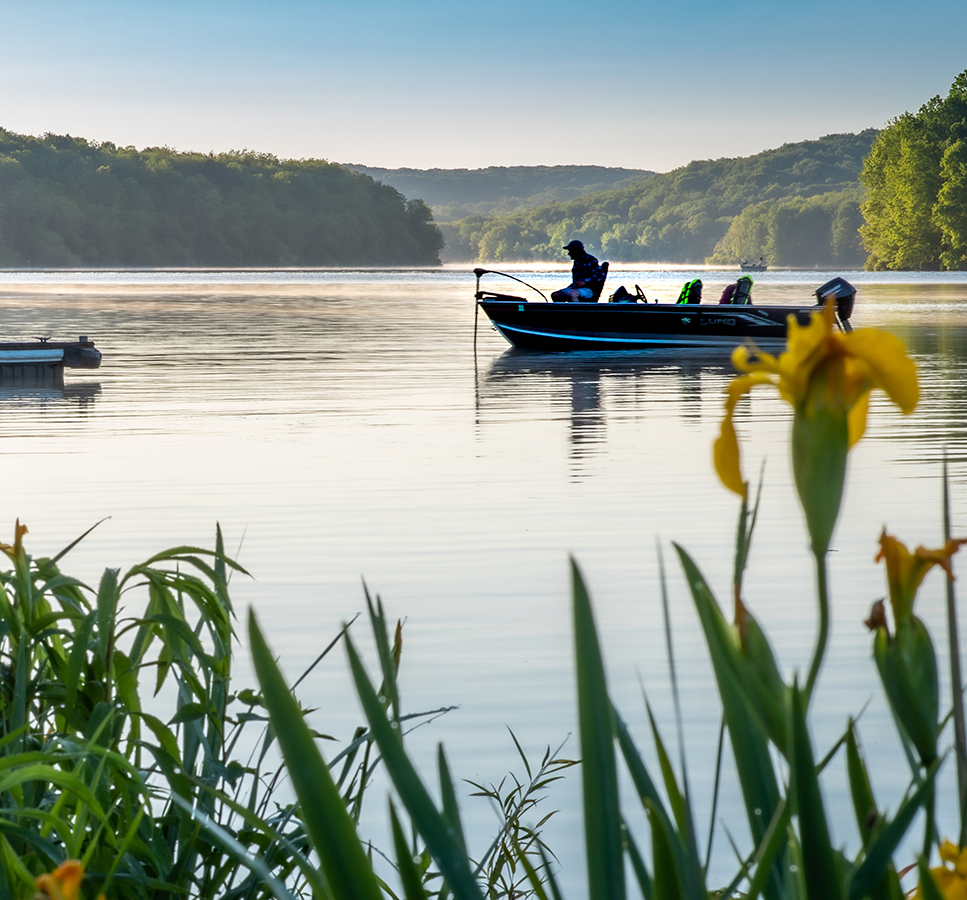
Outdoor Adventures
With its unique topography, Pittsburgh boasts a diverse landscape with endless recreational opportunities for visitors with varying interests and abilities. Within a 30-minute drive, visitors to the City are able to access rivers, mountains, and countless trails year-round for a variety of activities – from fishing and boating to hiking, and cycling. In fact, with several highly-rated boat and water activities, and parks, the destination ranks 6th for adventures amongst its competitive set.
Despite the proximity and availability of natural landscapes in the region, visitors continue to underrate ‘Outdoor Activities’ and ‘Nature and Parks’ as features of the destination. With significant investment in regional parks and trails underway, Pittsburgh may soon rise in prominence as a hybrid destination for urban and rural adventures.
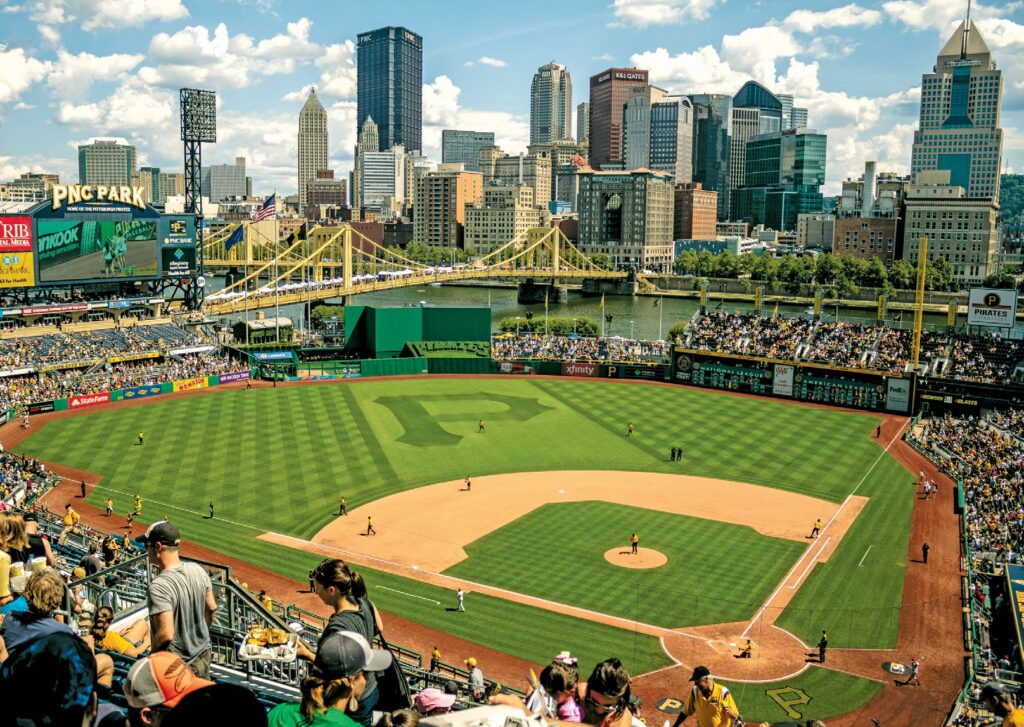
Sports, Meetings, & Events
Pittsburgh and Allegheny County are home to world-class sports facilities, meeting, and event spaces that attract both residents and visitors, including the David L. Lawrence Convention Center (DLCC), Nova Place, Monroeville Convention Center, the Carnegie Museums, PPG Paints Arena, Petersen Events Center, Highmark Stadium, PNC Park, and Acrisure Stadium. Special events such as Picklesburgh, Three Rivers Arts Festival, and the Pittsburgh Marathon contribute to the City’s active vibe. Pittsburgh’s position as an innovation hub offers a unique selling point for the destination.

